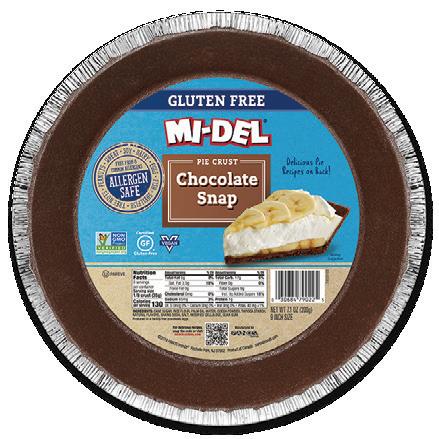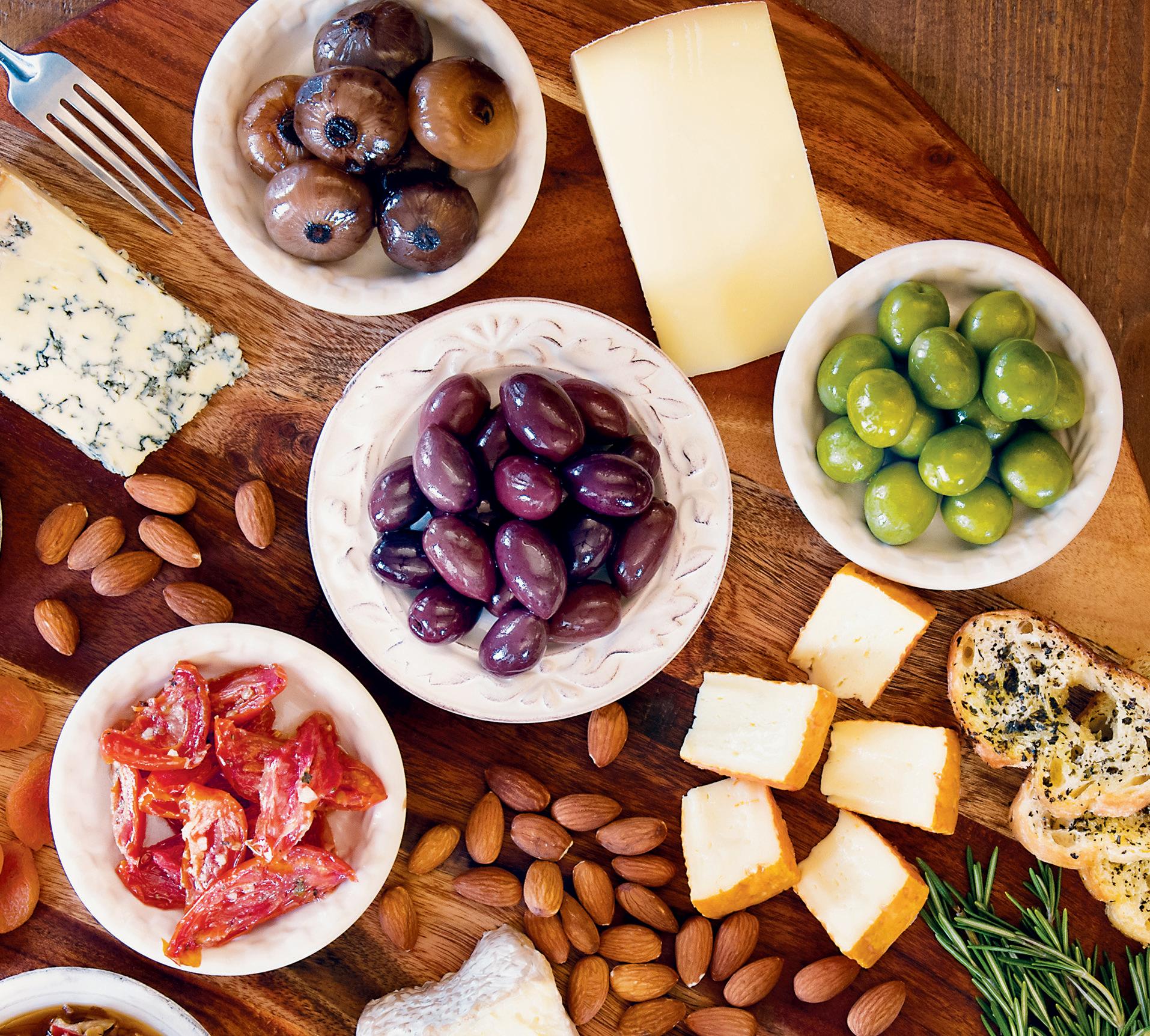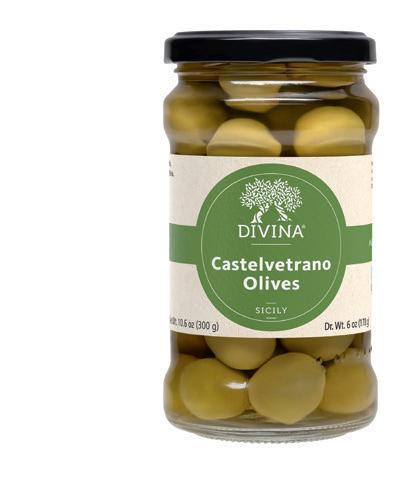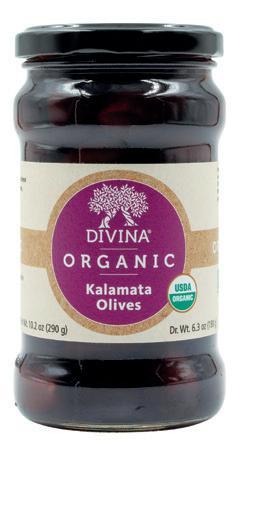BARS better-for-you
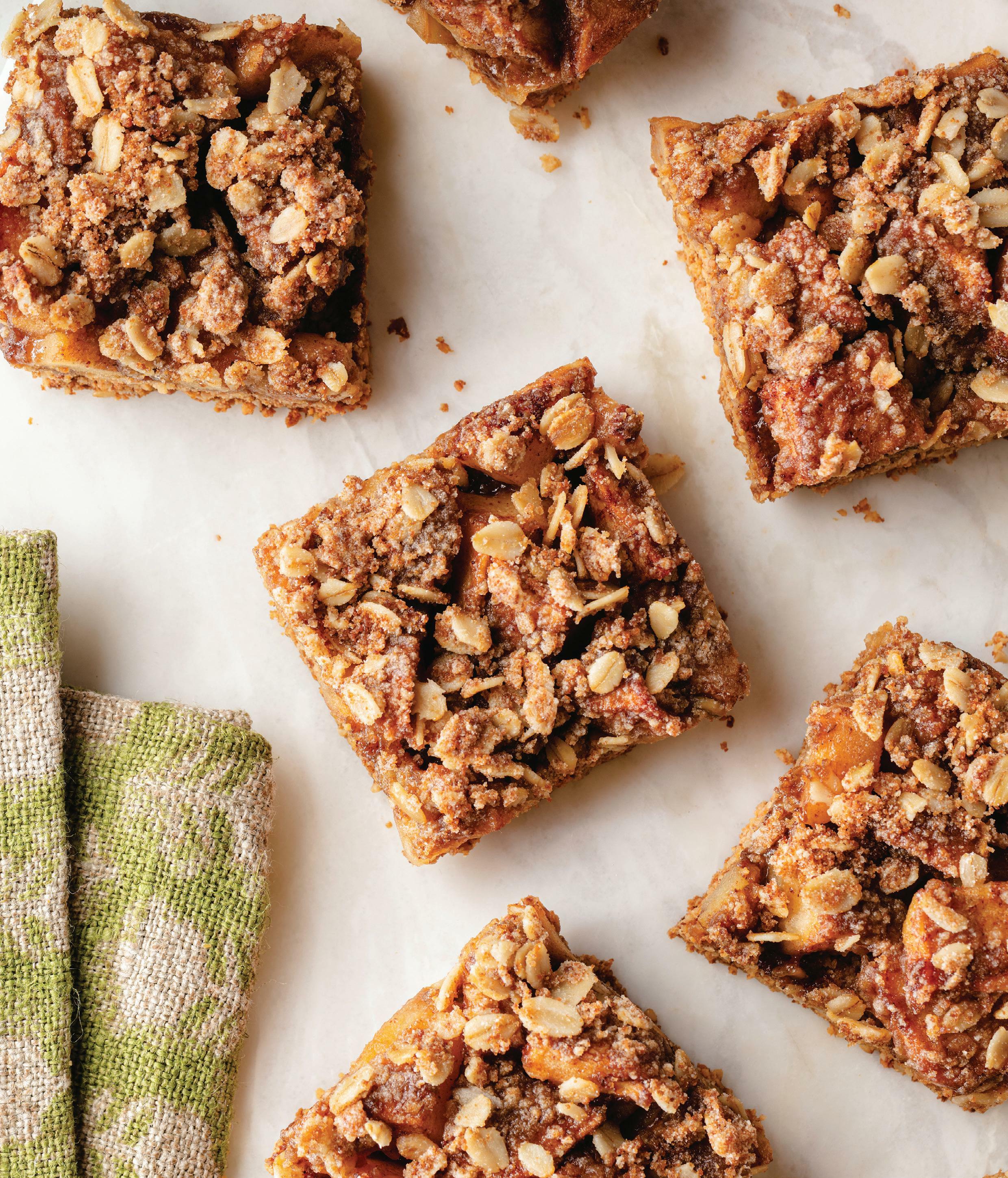


Vitamin D is the catch-all term for a collection of nutrients, the most common of which are vitamins D2 (ergocalciferol) and D3 (cholecalciferol). Although the body metabolizes both D2 and D3 into calcifediol, most studies show that D3 is more effective at raising blood levels of this compound. Vitamin D3 has been shown to help treat or prevent many health conditions and diseases including certain cancers, diabetes, immune system disorders, and osteoarthritis.
Vitamin D3 is produced naturally by the body when exposed to sunlight, but many people receive insufficient sun exposure for a variety of reasons including living in areas with high pollution or tall buildings that block sunlight, spending a lot of time indoors, and using sunscreen. Vitamin D3 is also available from some food sources derived from animals including butter, egg yolks, fatty fish and fish oil, and liver.
If sunlight and food sources do not provide sufficient amounts of D3, supplementation is necessary. A minimum daily intake of 400 International Units (IU) of D3 is needed to avoid serious health problems, but many experts feel this dose is too low to mitigate disease risk. Instead, some physicians and researchers suggest 1,000 to 2,000 IU of vitamin D3 daily for most adults. ●
SELECTED SOURCES “3 surprising benefits of vitamin D,” 11/13/17; “Vitamin D2 vs. D3: What’s the difference?” by Atli Arnarson, 3/4/18, www.Healthline.com • “Vitamin D & heart disease,” www.ClevelandClinic.org • “Vitamin D and the heart” by Erin Michos, Johns Hopkins Medicine, www.HopkinsMedicine.org
Preliminary research suggests that supplementation with vitamin D may reduce the risk of developing heart disease.
gourmet

front
the thanksgiving table
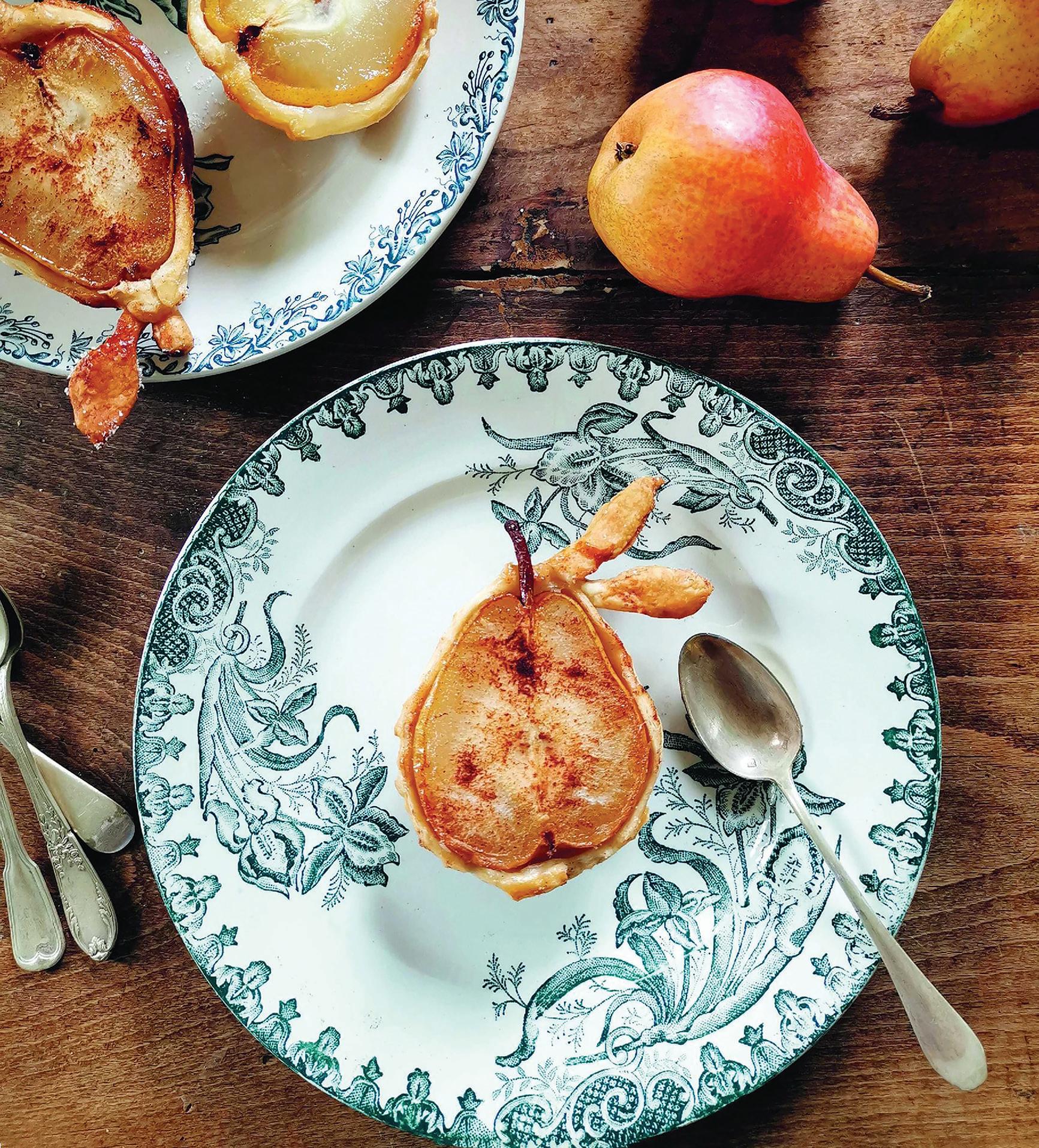
healthy family
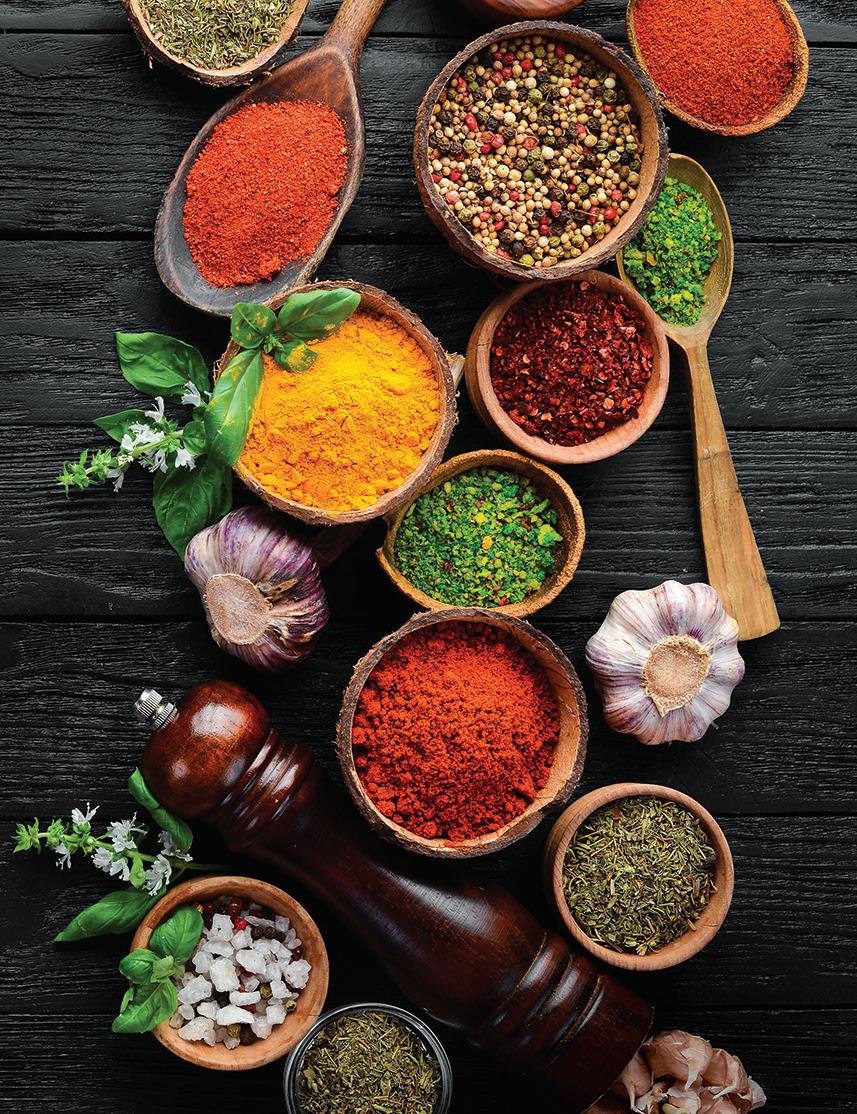
for
healthy glow
quick tips

chief content officer and strategist Lynn Tryba (Lynn.Tryba@TasteforLife.com)
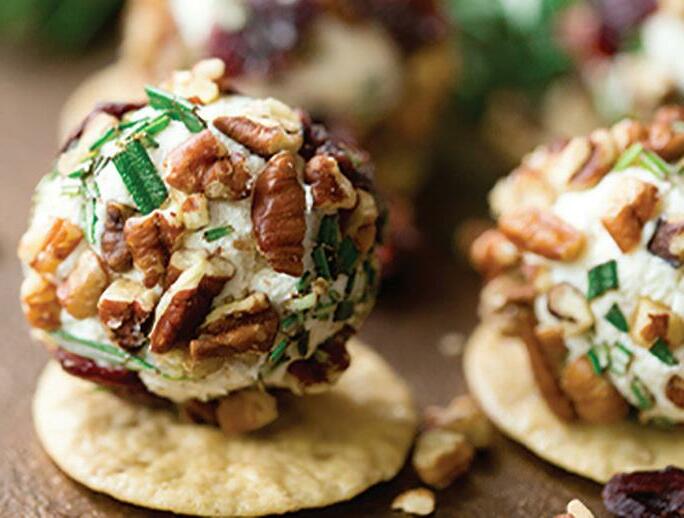
contributing editors
Lisa Fabian, Rich Wallace associate editor Kelli Ann Wilson art director Michelle Knapp custom graphics manager Donna Sweeney executive director of business development Amy Pierce customer service 800-677-8847

CustomerService@TasteforLife.com
client services director - retail Judy Gagne (x128)


client services directoradvertising & digital Ashley Dunk (x190)
western brand promotions director Shannon Dunn-Delgado 415-382-1665
group brand promotions director Bob Mucci 603-831-1868 executive director of retail sales and marketing Anna Johnston (Anna.Johnston@TasteforLife.com)

retail account manager Allen Gold 800-677-8847 (x111)


founder and chief executive officer T. James Connell
creative and sales offices 155 Washington Street Keene, NH 03431 603-283-0034
Published monthly by Taste for Life®, 155 Washington Street, Keene, NH 03431, 603-283-0034 (fax 603-283-0141); © 2022 Connell Communications, Inc. All rights reserved. This magazine is not intended to provide medical advice on personal health conditions,
to replace recommendations made by health professionals.
opinions expressed by contributors and sources quoted in articles are not necessarily those of the editor or the publisher. Advertisers and advertising agencies assume liability for all content of advertising and for any claims arising therefrom. Information appearing in this magazine may not be reproduced in whole or in part without express permission of the publisher.
For more health and wellness resources

Nutritional analysis from Edamam.
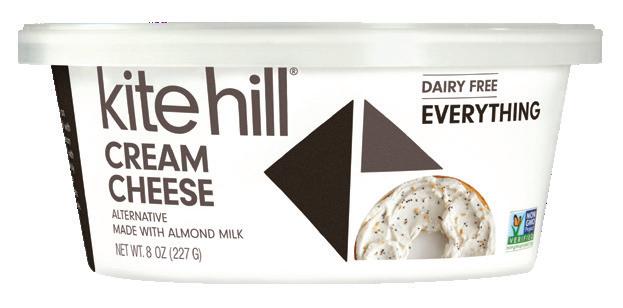
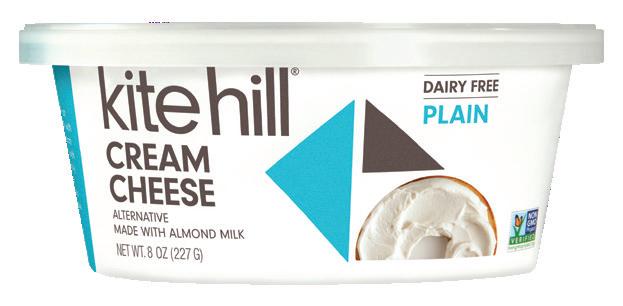
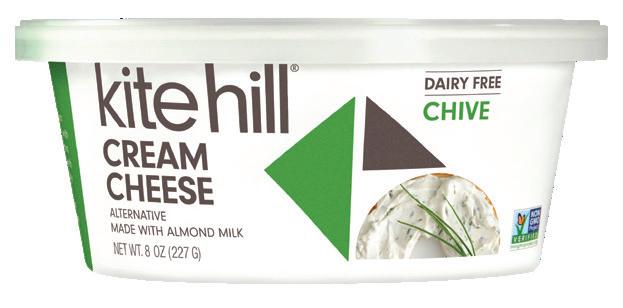
Extraordinary (50 percent
values
depending
Top source,

From In Praise of Veg by Alice Zaslavsky ($35, Appetite, 2022)
2 carrots, peeled
1 thumb-sized piece of fresh ginger, peeled
5½ oz walnuts, roughly chopped
7 oz dark brown sugar
½ c olive oil
4 eggs
1 tsp natural vanilla extract
1 tsp ground cumin
½ tsp ground cinnamon 2 c all-purpose gluten-free flour
Pinch of salt
1½ Tbsp baking powder
1 tsp baking soda
Cream Cheese Icing
1 lb, 2 oz cream cheese, softened
4 oz unsalted butter, softened
1¼ c confectioners’ sugar, sifted
Grated zest of 1 orange, plus extra to garnish
1. Preheat oven to 400˚. Line base and sides of a 5x9½-inch loaf pan with parchment paper.
2. Coarsely grate carrots, ginger, and walnuts using a food processor or a box grater. (If using a box grater, rough chop nuts with a knife.) Set mixture aside.
3. In a bowl, mix together sugar and oil until you have a thick, brown paste.
4. Whisk in eggs, one at a time, making sure each is incorporated before adding another. Add carrot mixture, vanilla, cumin, and cinnamon. Stir to combine using a spatula.
5. Sift in flour, salt, baking powder, and baking soda. Stir until there are no lumpy bits. Pour into loaf pan and bake for 45 to 50 minutes, or until a skewer inserted in middle comes out clean.
6. Place loaf pan on a wire cooling rack and let cake cool in pan.
7. For icing, beat cream cheese, butter, confectioners’ sugar, and orange zest in a food processor or an electric stand mixer until very smooth.
8. Spread icing thickly over top of cooled cake. Grate over some extra orange zest before serving.
Kitchen Note: If you’d prefer to stick to regular all-purpose flour, go right ahead although the cake will no longer be gluten free. You can ditch the cream cheese icing and instead simply sift some confectioners’ sugar over the cake.
Per serving: 591 Calories, 9 g Protein, 50 g Carbohydrates, 31 g Total sugars (28 g Added sugars), 3 g Fiber, 42 g Total fat (16 g sat), 431 mg Sodium, ★★★★ Phosphorus, ★★★ Vitamin A, ★★ Calcium, ★ Vitamin B2 (riboflavin), B6, B12, E, Iron

A new study from Spain found that children and teens who eat a healthy breakfast at home have better psychosocial health. Published in Frontiers in Nutrition, the research took earlier studies highlighting the importance of breakfast for young people a step further by looking at where and what children and teens eat.
Using survey data from the 2017 Spanish National Health survey, the researchers analyzed young people’s breakfast habits along with psychosocial health—self esteem, mood, anxiety, and related characteristics. Responses from 3,772 Spanish young people ages 4 to 14 were included, with questionnaires filled out by their parents.
The results indicated that eating breakfast away from home was only slightly more beneficial than skipping breakfast—possibly because home-prepared meals are more nutritious than those obtained elsewhere, the authors suggested.
Foods associated with fewer behavioral problems were coffee, milk, tea, chocolate, cocoa, yogurt, bread,
toast, cereal, and pastries. Interestingly, those linked with higher risks of behavioral issues included eggs, cheese, and ham.
Non-nutritional factors, such as family support provided during breakfast at home, may also contribute to mental and behavioral health of young people, the researchers said.
“Our findings reinforce the need to promote not only breakfast as part of a healthy lifestyle routine, but also that it should be eaten at home,” said lead author José Francisco López-Gil. “Also, to prevent psychosocial health problems, a breakfast that includes dairy and/ or cereals, and minimizes certain animal foods high in saturated fat/cholesterol, could help to decrease psychosocial health problems in young people.”
SELECTED SOURCES “Breakfast and psychosocial behavioural problems
young
role of status, place, and habits” by J.F. López-Gil et
breakfast may increase chance of kids and teens developing psychosocial health problems,” news release, Frontiers in Nutrition, 8/23/22
A new study from the National Cancer Institute found that participating in any of a number of regular leisuretime physical activities may lead to a lower risk of death for older adults.

Considering data from 272,550 people ages 59 to 82, the researchers compared seven types of recreational activities—running, bicycling, swimming, racquet sports, golf, walking, and other aerobic exercise—to determine whether they were associated with lower mortality.
They found that participants who complete the recommended amount of weekly exercise through any combination of these activities had a 13 percent lower risk of death from any cause, as compared to people who did not participate in these activities.
Undertaking the activities also led to a lower risk of dying from cardiovascular disease and cancer, with
racquet sports providing the greatest reduction in risk for cardiovascular deaths at 27 percent and running providing the greatest reduction for cancer deaths at 19 percent.
The Physical Activity Guidelines for Americans calls for 2.5 to five hours of moderate-intensity or 1.25 to 2.5 hours of vigorous-intensity aerobic activity a week.
The researchers noted that since many activities provide protection against mortality, older adults should take on activities that they enjoy, since they will be more likely to sustain them.
SELECTED SOURCES “Association of leisure time physical activity types and risks of all-cause, cardiovascular, and cancer mortality among older adults” by E.L. Watts et al., JAMA, 8/24/22 • “Many types of leisure time activities may lower risk of death for older adults,” news release, National Institutes of Health/National Cancer Institute, 8/24/22
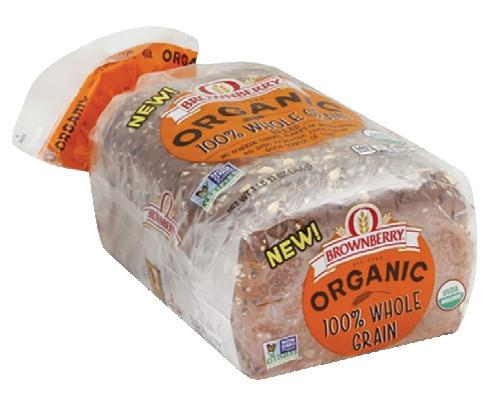
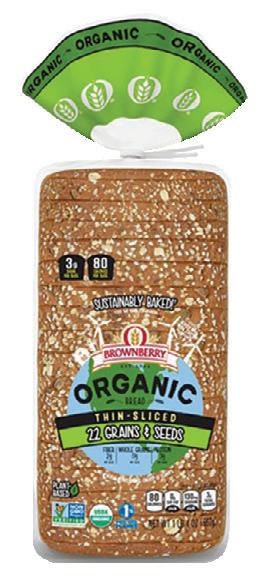
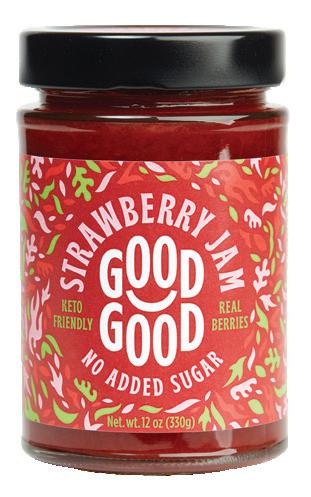
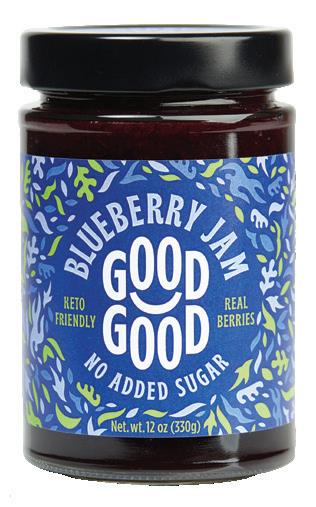
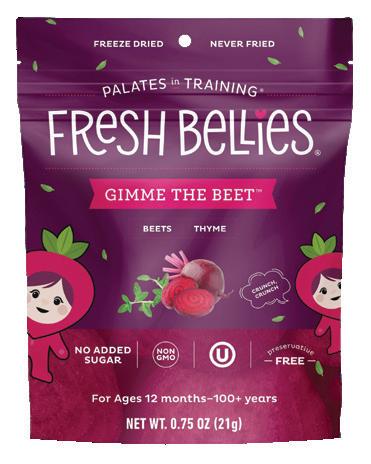
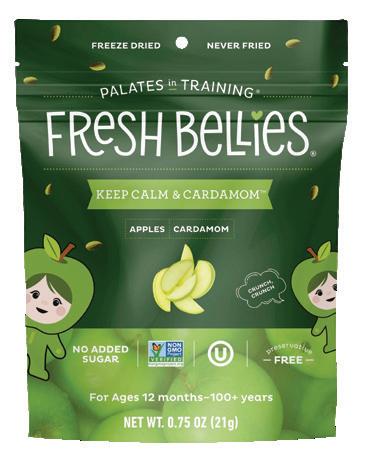


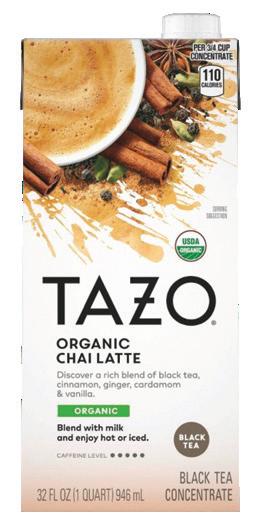
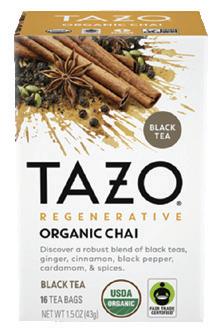
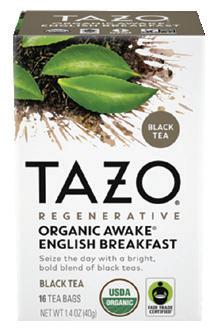
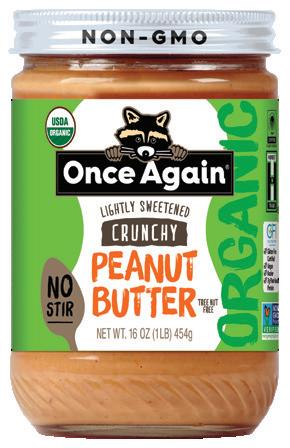
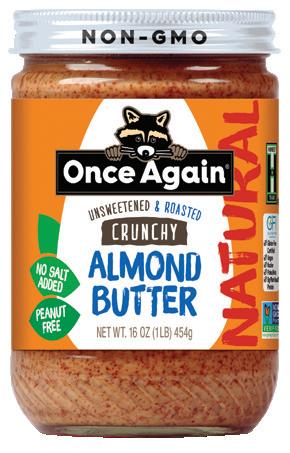
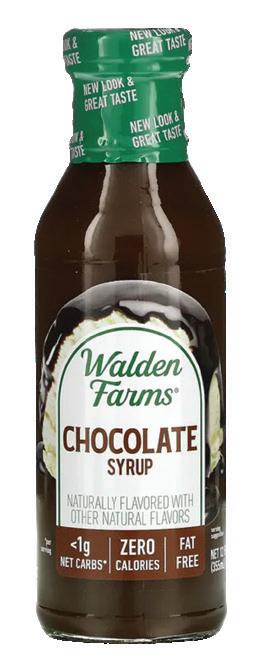
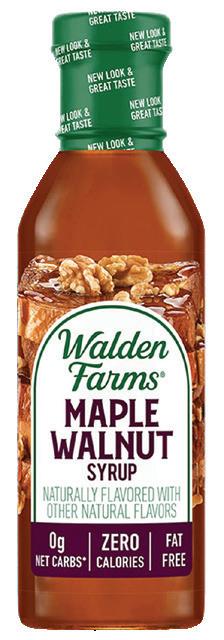
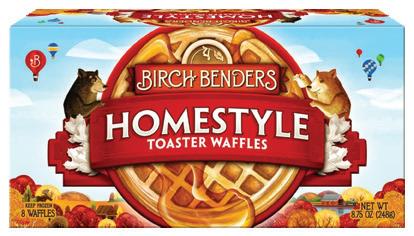
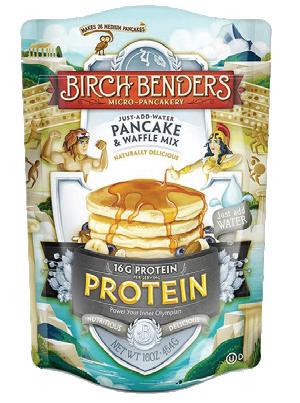

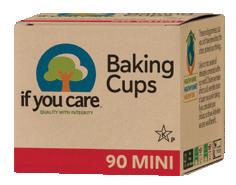
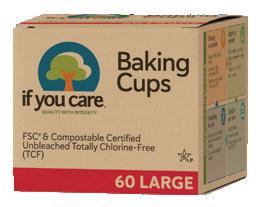
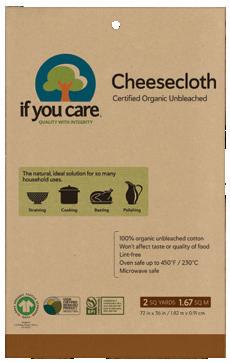
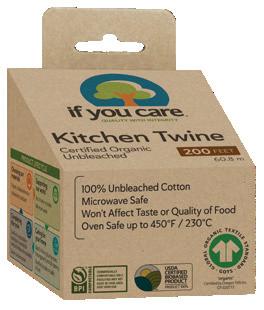
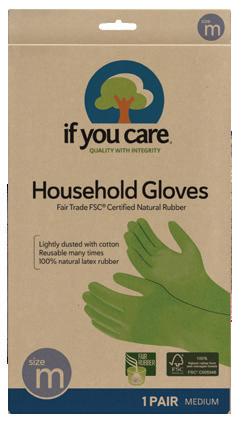


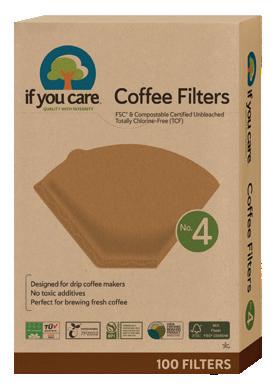
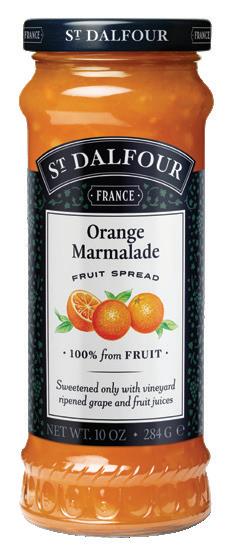
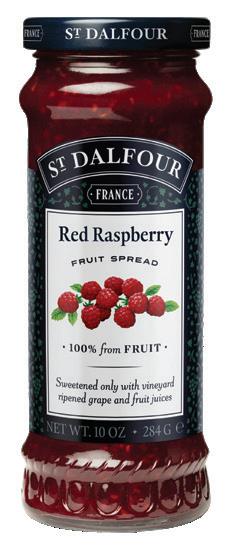
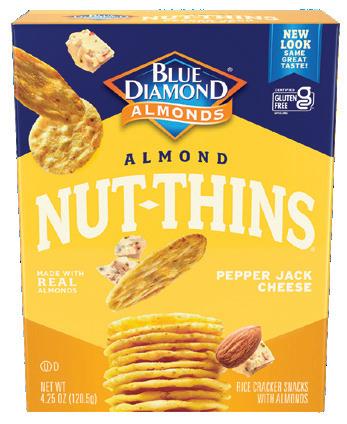
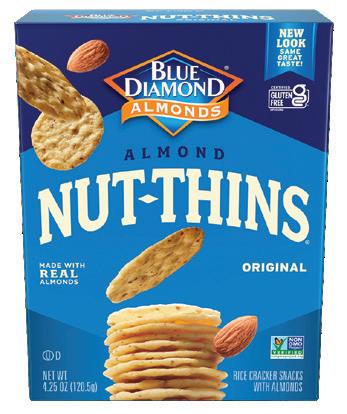



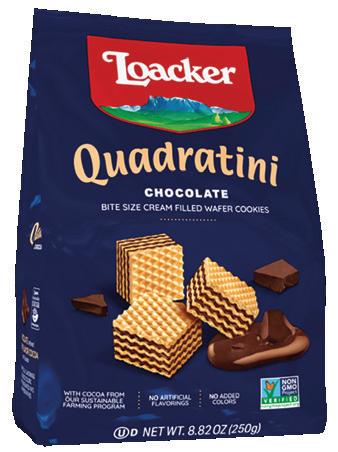



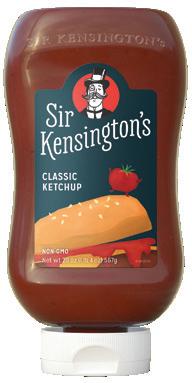
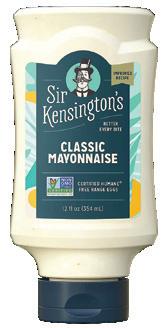
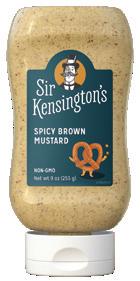
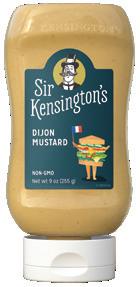
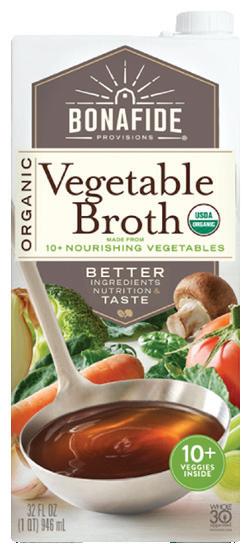
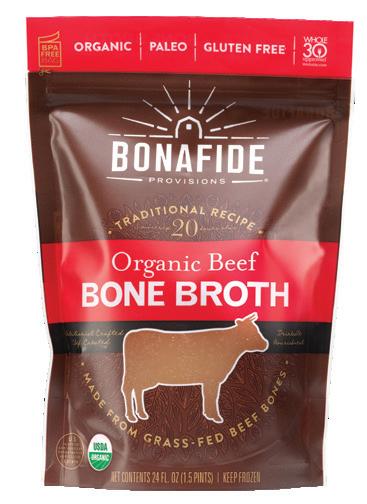
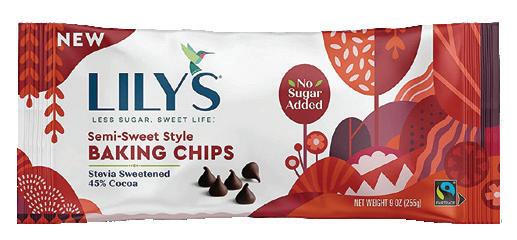
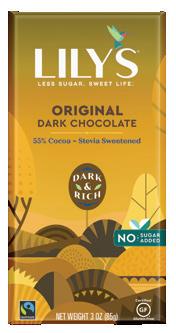
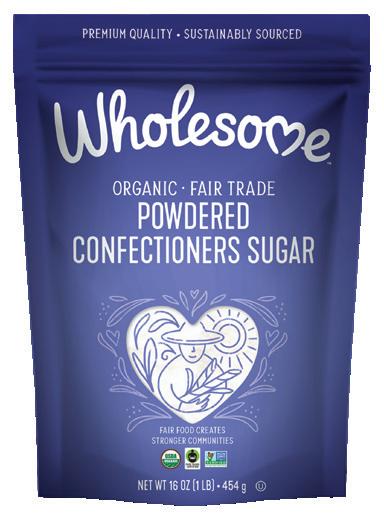
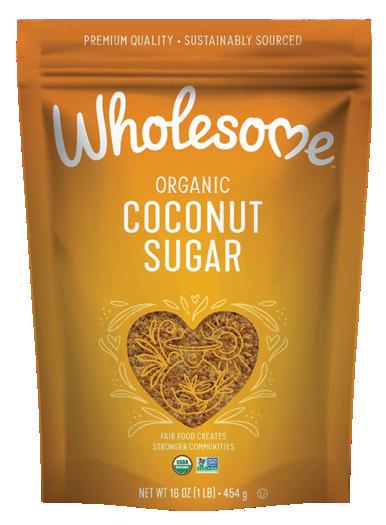
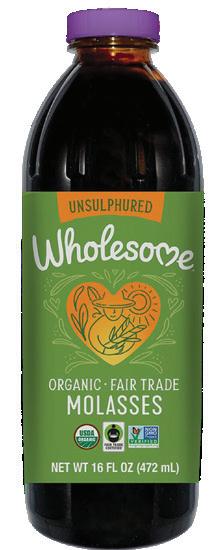
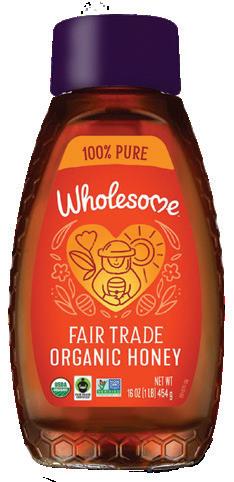
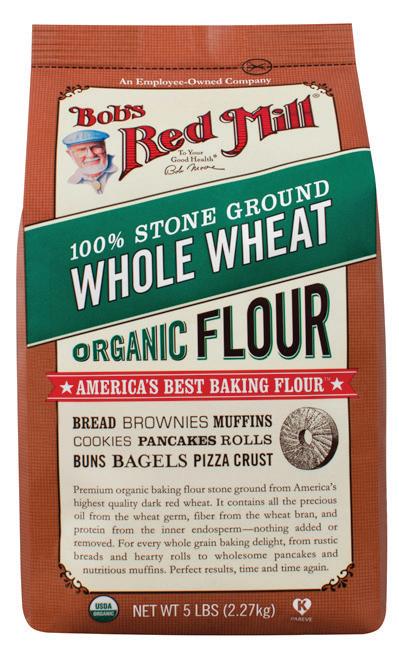
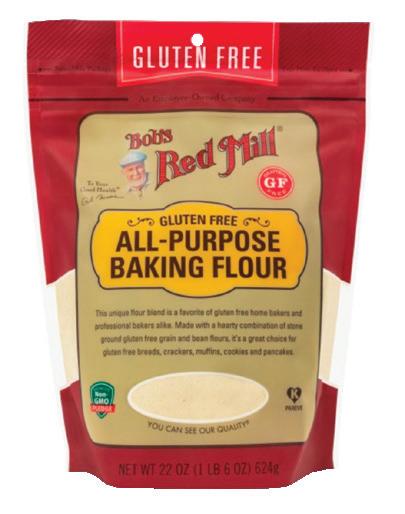

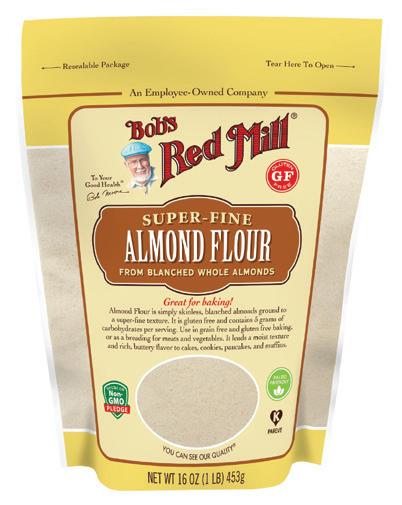
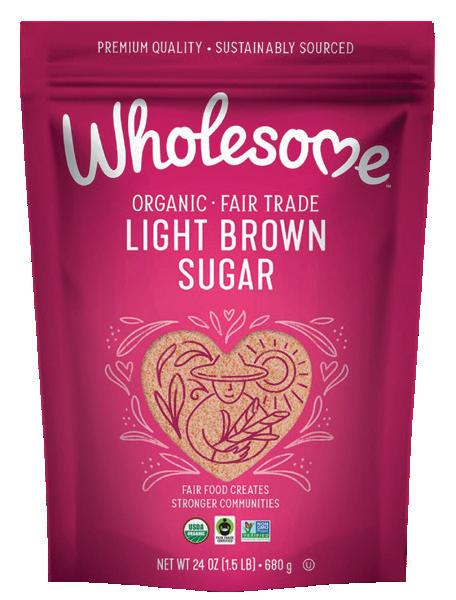
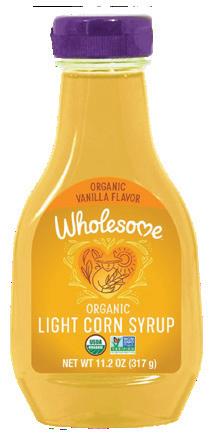
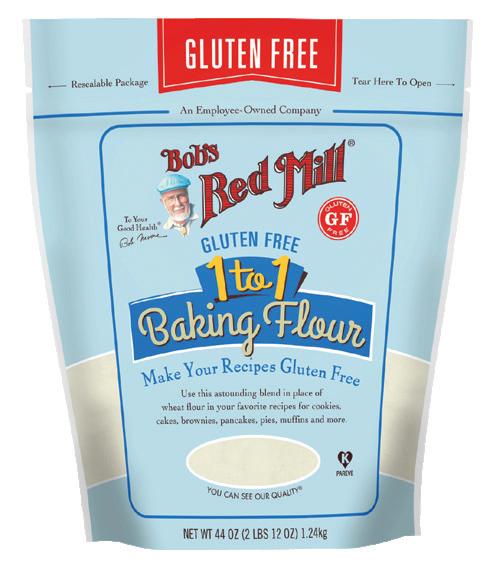
celebrate autumn’s harvest
It’s that time of year again! Honor the season’s favorite fruits and vegetables with these recipes for your turkey day table.
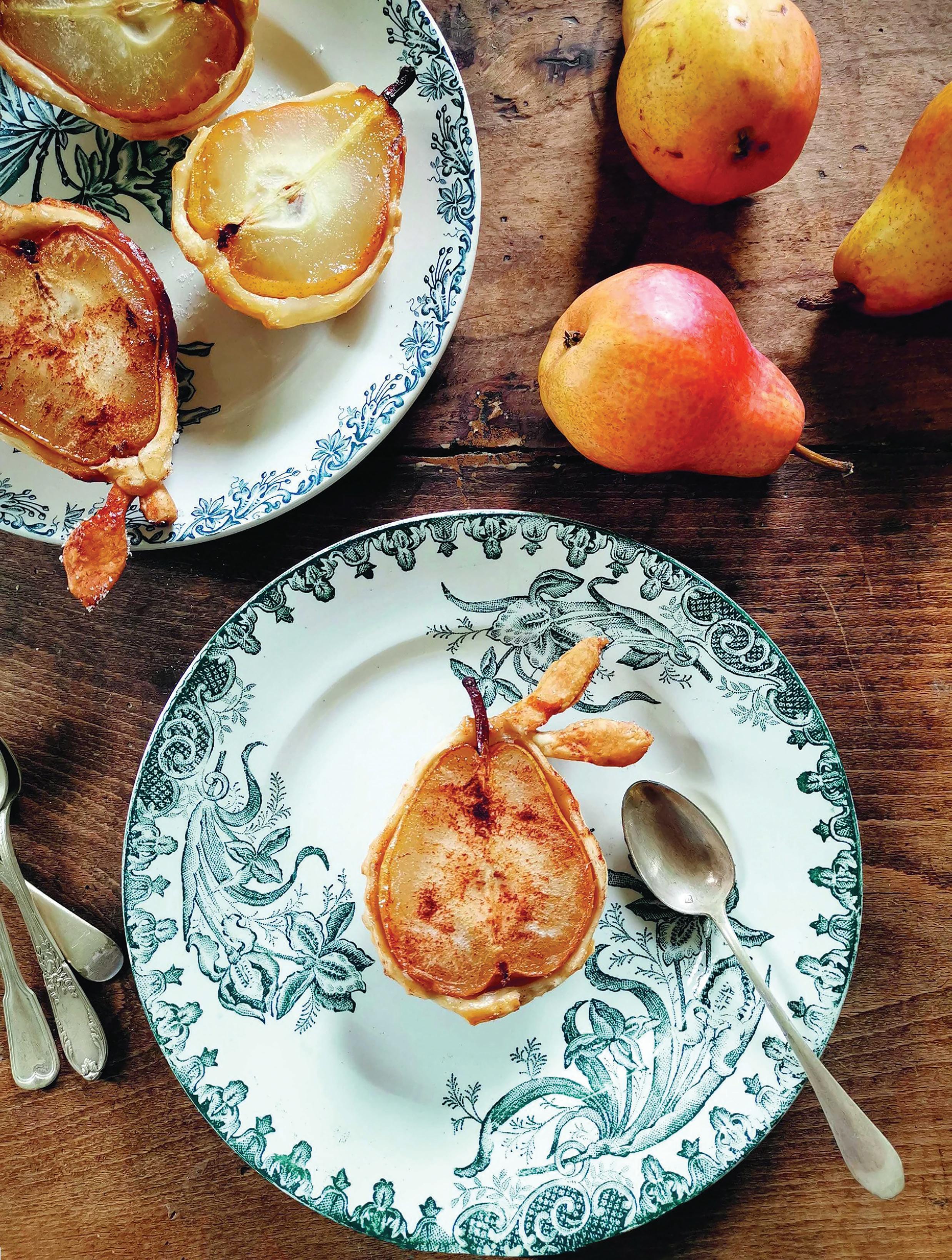
min prep time
4
From My Art of Entertaining: Recipes and Tips from Miss Maggie’s Kitchen by Héloϊse Brion ($27.95, Flammarion, 2022)
2 ripe but firm pears
1 tsp lemon juice
2 tsp brown sugar Ground cinnamon (optional)
1. Preheat oven to 375˚.
3 Tbsp jam (apricot, fig, or plum)
1 sheet puff pastry, preferably all-butter Granulated sugar (optional)
2. Wash pears and cut them in half lengthwise. Brush cut sides with a little lemon juice, and then sprinkle with the brown sugar and a little of the cinnamon, if you wish.
3. Line a baking sheet with parchment paper and place pears, cut side down, on it. Spoon a little jam onto rounded side of each pear.
4. Roll out puff pastry to a thickness of about ¼-inch and lay it over pear halves. Using a sharp knife, cut pastry around each pear half, so it is completely covered with a pastry shell. You can use the dough trimmings to cut out fun shapes, such as small branches and leaves to decorate the shells. Brush shapes with a little water and press them gently onto pastry shells to attach them.
5. Cut 2 small slits in each pastry shell to let steam escape. Sprinkle them with cinnamon and granulated sugar, if you wish. Bake 20 to 25 minutes, until pastry is golden brown.
6. Let cool for 1 to 2 minutes, and then carefully turn each pear half over. Serve warm or at room temperature.
Kitchen Note: The pears can be served with granola, chocolate chips, or a scoop of ice cream. You can also make this recipe using other fruits such as apples, peaches, or apricots.
Per serving: 130 Calories, 1 g Protein, 28 g Carbohydrates, 17 g Total sugars (8 g Added sugars), 3 g Fiber, 3 g Total fat (1 g
mg Sodium,
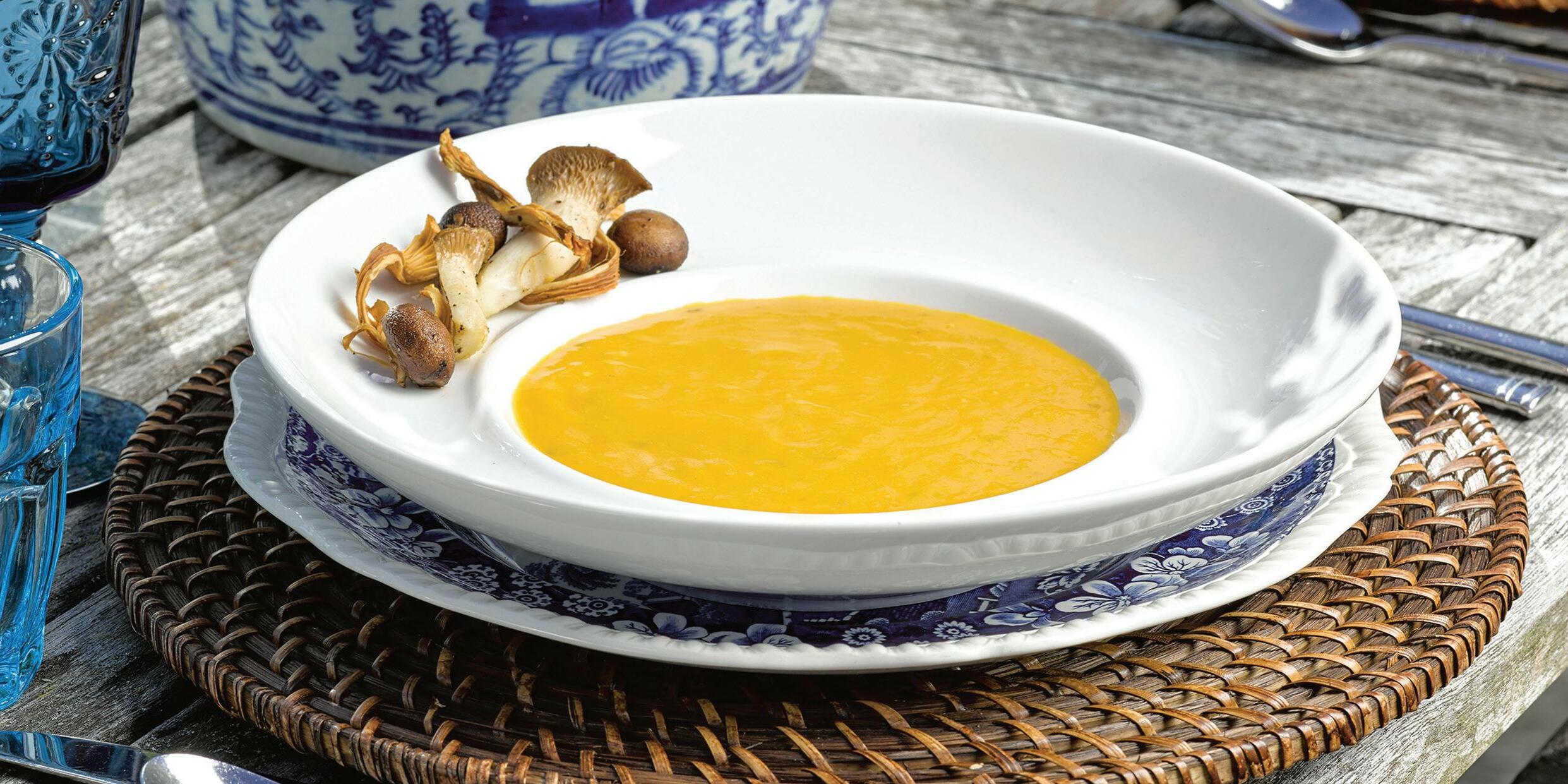
From Eatertainment: Recipes and Ideas for Effortless Entertaining by Sebastien Centner and Sheila Centner ($32, Appetite, 2022)
1½ lb carrots (heirloom, if possible)
3 large green apples
1 small yellow onion
2 garlic cloves
¼ c olive oil
½ tsp ground ginger
6 c low-sodium vegetable stock
2 thyme sprigs
Sea salt and black pepper Mushrooms
2 Tbsp olive oil, plus more for drizzling
2 (12 oz each) packages
sliced mixed mushrooms (cremini, oyster, etc.)
Sea salt
1. For the soup: preheat oven to 375˚. Line a baking sheet with parchment paper.
2. Peel and cut carrots, apples, and onion into approximately 2-inch pieces. Coarsely chop garlic.
3. Place carrots, apple, onion, and garlic on prepared baking sheet. Add oil and ginger and toss to coat. Bake until carrots and onions soften and begin to caramelize, about 20 minutes.
4. Bring stock and thyme to a boil in a large stockpot over medium-high heat. Once stock is boiling, remove thyme and add roasted vegetables. Reduce heat to medium-low and simmer, uncovered, until carrots are soft, about 10 minutes.
5. For the mushrooms: heat oil in a medium skillet set over medium-high heat. Add mushrooms and stir to coat in oil. Cook until mushrooms are dark and crispy, about 5 minutes, and then season to taste with salt.
6. To finish: remove soup from heat, let cool slightly, and then transfer to a blender and purée until smooth. Season to taste with salt and pepper. Serve with sautéed mushrooms over top along with a drizzle of oil.
Per serving: 191 Calories, 3 g Protein, 23 g Carbohydrates, 13 g Total sugars (0 g Added sugars), 5 g Fiber, 11 g Total fat (1 g sat), 238 mg Sodium, ★★★★★ Vitamin A, ★★★ Vitamin B2 (riboflavin), ★★ Vitamin B3 (niacin), B6, Phosphorus, ★ Vitamin B1 (thiamine), E, K, Iron, Potassium, Zinc
From More Mandy’s: More Recipes We Love by Mandy Wolfe, Rebecca Wolfe, and Meredith Erickson ($30, Random House, 2022)
3 c mesclun greens
1 c arugula
¼ c cubed cooked beets
¼ c crumbled goat cheese
¼ c Fennel-Roasted Carrots (recipe follows)
¼ c diced pear
2 Tbsp Candied Pecans (recipe follows)
2 Tbsp torn mint leaves
¹⁄³ c Pomegranate Dressing (recipe follows)
1. Combine all ingredients in a large stainless-steel bowl.
2. Top with Pomegranate Dressing and, using tongs, toss until well mixed and dressed.
Kitchen Note: Gorgeous roasted rainbow carrots with fennel seeds, candied pecans, creamy goat cheese, and a tasty pomegranate dressing. A delicious and harmonious autumn feast! Your supermarket may have cooked beets in the refrigerated aisle, which can help you save time when preparing this salad.
Per serving: 125 Calories, 3 g Protein, 13 g Carbohydrates, 11 g Total sugars (6 g Added sugars), 2 g Fiber, 7 g Total fat (2 g sat), 75 mg Sodium, ★★★ Vitamin K, ★★ Vitamin A, ★ Folate
From More Mandy’s: More Recipes We Love by Mandy Wolfe, Rebecca Wolfe, and Meredith Erickson ($30, Random House, 2022)
1 lb rainbow carrots, halved lengthwise and cut into 1-inch pieces
2 Tbsp olive oil
¾ tsp fennel seeds
½ tsp salt
¼ tsp freshly ground black pepper
1. Preheat oven to 400˚.
From More Mandy’s: More Recipes We Love by Mandy Wolfe, Rebecca Wolfe, and Meredith Erickson ($30, Random House, 2022)
¾ c firmly packed brown sugar
¼ tsp ground cinnamon ⅛ tsp salt
1½ c pecan halves
1. In a heavy-bottomed saucepan, combine sugar, cinnamon, salt, and 3 tablespoons of water and whisk to combine. Cook over medium heat for 5 minutes until sugar dissolves and mixture starts to bubble.
2. Add pecans, stirring to coat, and cook for an additional 8 to 10 minutes.
3. Transfer pecans and their syrup to a parchment-lined sheet tray, spreading out with a spatula to flatten. Allow to cool completely.
4. Use your hands to break into bite-size pieces. Transfer to an airtight container and store at room temperature. These will keep for up to 2 weeks.
From More Mandy’s: More Recipes We Love by Mandy Wolfe, Rebecca Wolfe, and Meredith Erickson ($30, Random House, 2022)
¼ c apple cider vinegar
¾ c pomegranate juice
¹⁄³ c sugar
1 Tbsp lemon juice
1 Tbsp Dijon mustard
½ c olive oil
½ tsp salt
min
2. In a bowl, toss carrots with oil, fennel seeds, salt, and pepper.
3. Spread carrots onto a parchment-lined sheet tray. Roast for 25 to 30 minutes until soft and golden. Remove from oven, set aside to cool, and then transfer to an airtight container and refrigerate until ready to use.
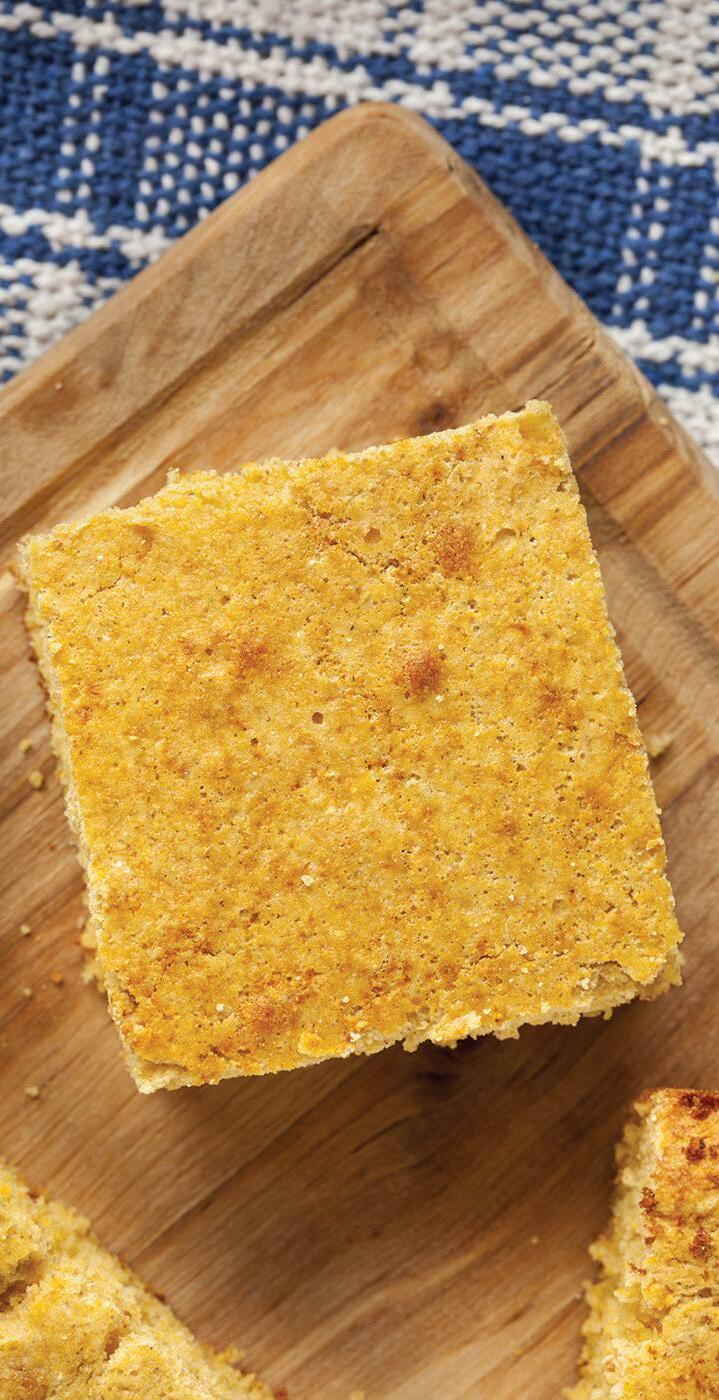
From the Taste for Life test kitchen
1 c cornmeal
½ c unbleached flour
½ c whole-wheat flour
2 Tbsp brown sugar
2 tsp baking powder
1 tsp baking soda
½ tsp salt
1 c low-fat milk
2 eggs
5 Tbsp oil, plus additional for greasing pan
1. Preheat oven to 400˚. Grease a 9x9-inch square pan.
2. Stir together cornmeal, unbleached flour, whole-wheat flour, brown sugar, baking powder, baking soda, and salt in a mediumsize bowl.
3. Whisk together milk, eggs, and oil in a small bowl. Add milk mixture to flour mixture.
4. Pour batter into prepared pan. Bake for 25 minutes, or until an inserted toothpick comes out clean.
Per serving (serves 9): 212 Calories, 5 g Protein, 28 g Carbohydrates, 4 g Total sugars (2 g Added sugars), 2 g Fiber, 9 g Total fat (2 g sat), 248 mg Sodium, ★★ Folate, Phosphorus, ★ Vitamin B1 (thiamine), B2 (riboflavin), B3 (niacin), Calcium
min prep time makes
cups
½ tsp freshly ground black pepper
1. In a small saucepan, combine vinegar, pomegranate juice, and sugar. Bring to a boil over medium-high heat and whisk to dissolve sugar. Set aside to cool.
2. In a blender, combine cooled pomegranate syrup, lemon juice, and mustard. Process on medium-high speed until smooth and well combined, 15 to 20 seconds. Stop blender and scrape down sides of jar with a spatula as needed.
3. With blender running on low speed, slowly drizzle in oil until dressing is emulsified and thickened, about 30 seconds. Add salt and pepper, adjusting seasoning to taste. Transfer dressing to an airtight container and refrigerate until ready to use. This dressing will keep, refrigerated, for up to 7 days.
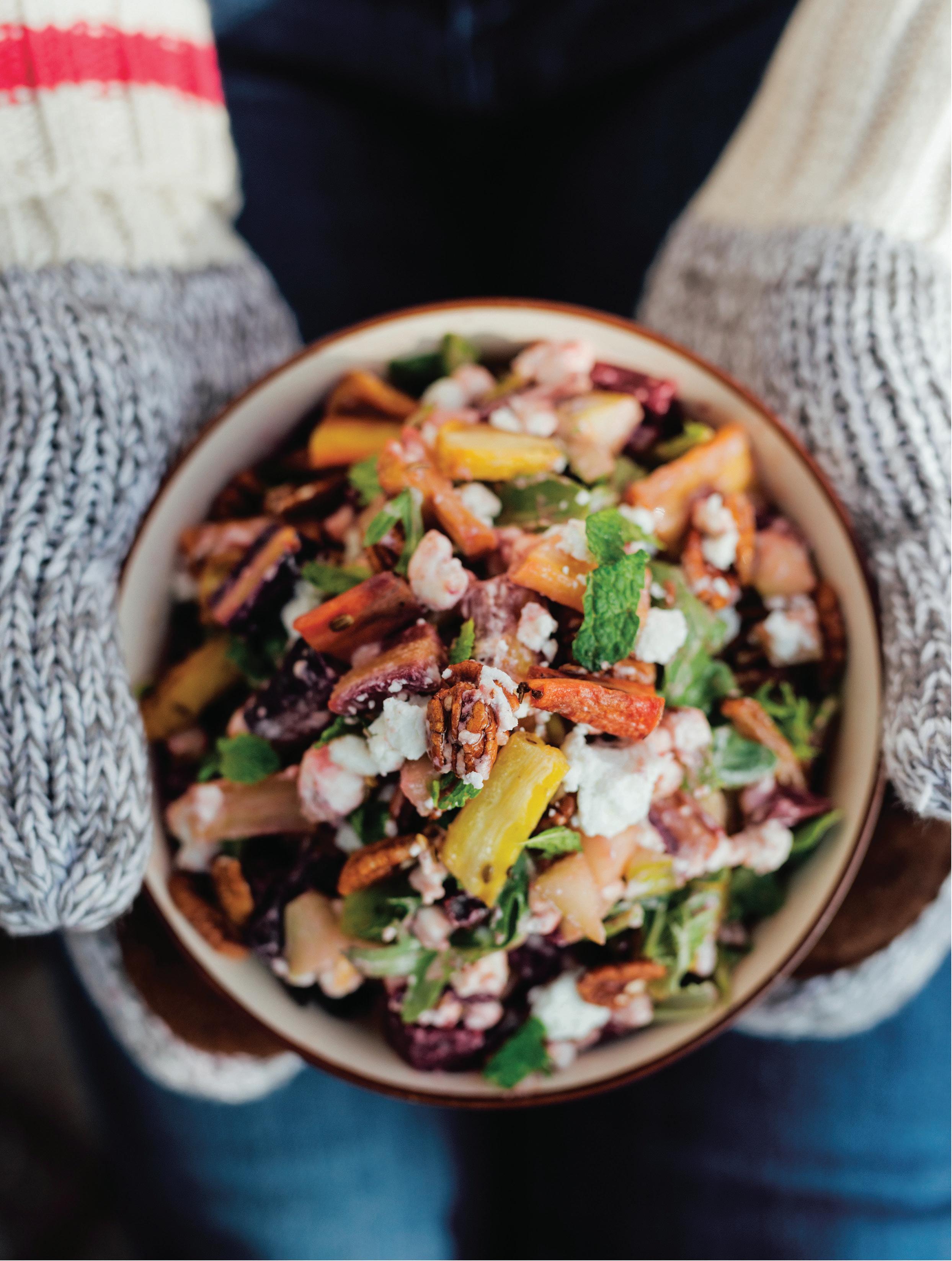
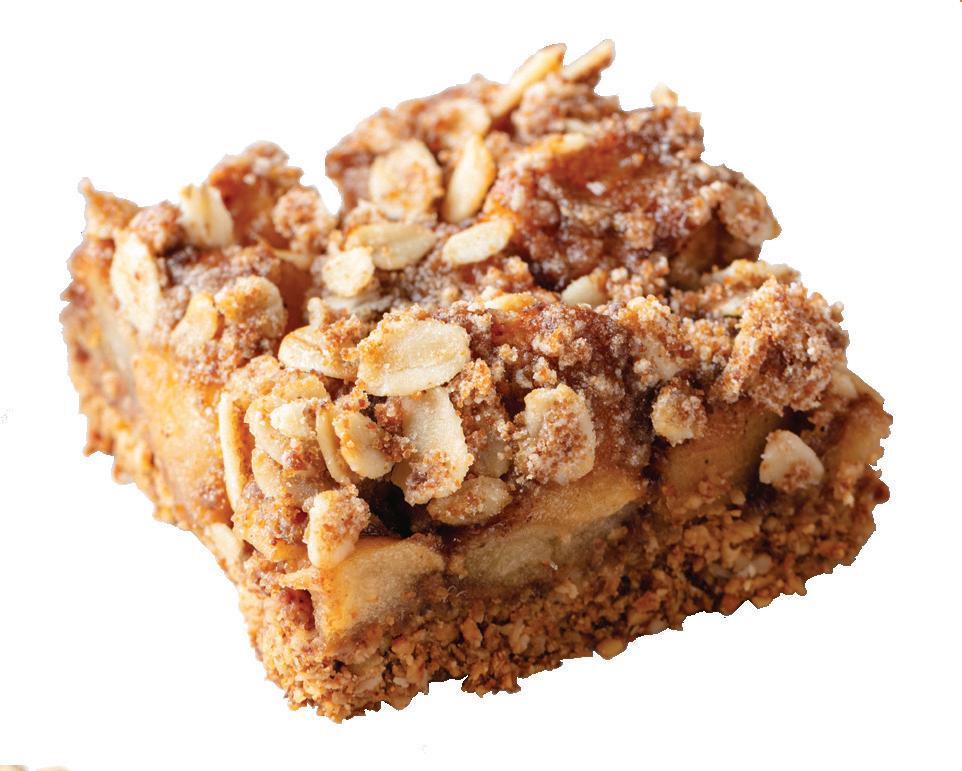
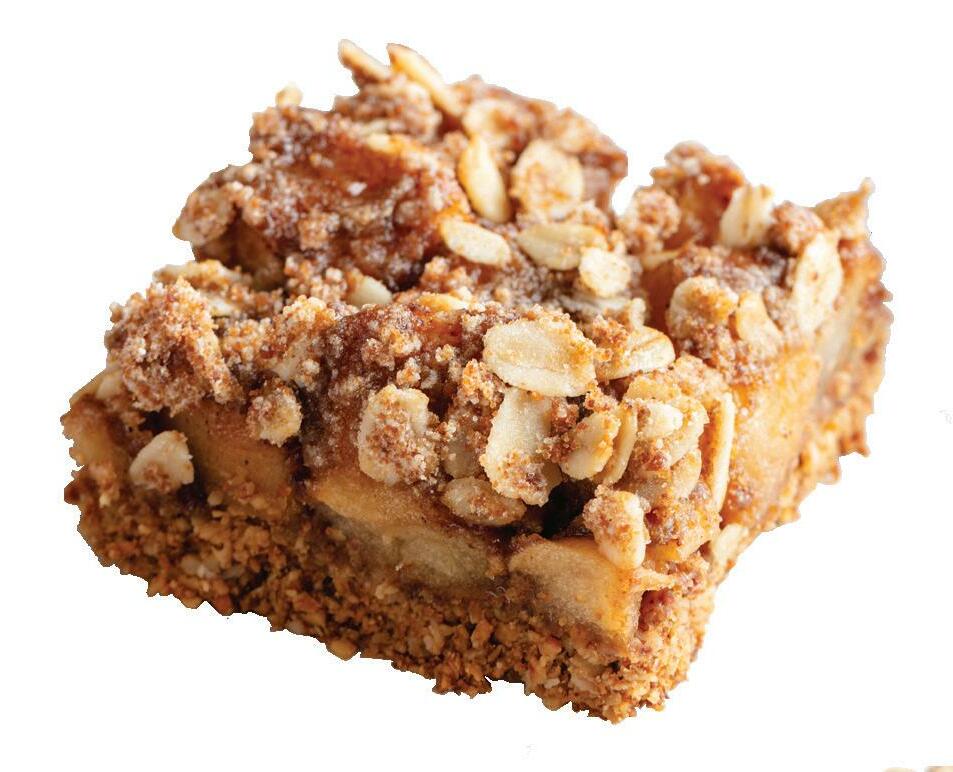
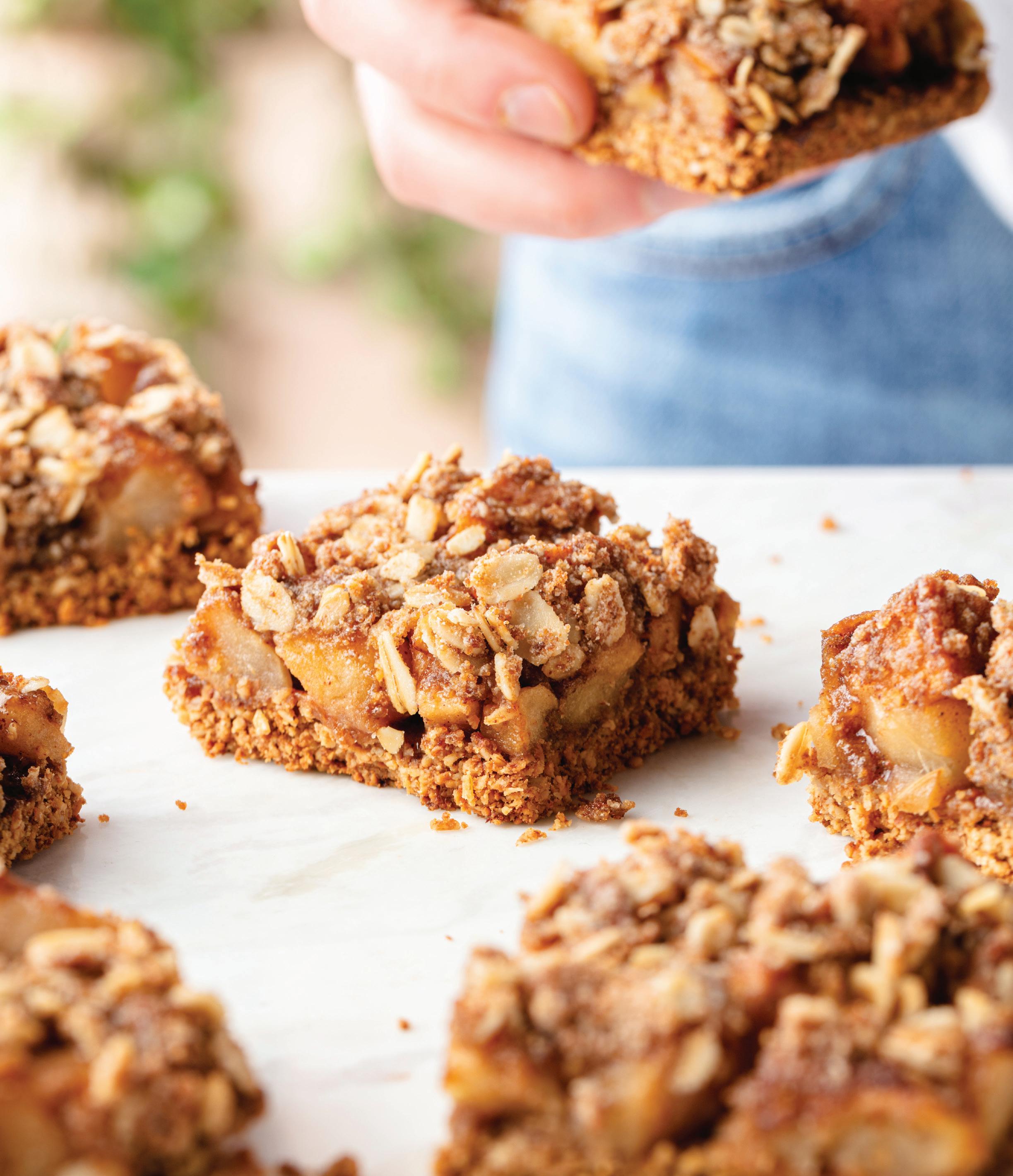
For the crust:
1 cup old-fashioned rolled oats
1 cup raw almonds
¼ tsp sea salt
2 Tbsp coconut sugar
4½ Tbsp coconut oil, melted
For the apple filling:

4 large sweet tart apples, peeled, cored and medium diced
3 Tbsp coconut sugar
1 tsp L&B Organic Ground Cinnamon
¼ tsp sea salt
1 Tbsp freshly squeezed lemon juice
1 Tbsp coconut oil, melted
2 tsp cornstarch
For the streusel topping:
3 Tbsp coconut sugar
3 Tbsp gluten-free flour blend, such as Bob’s Red Mill 1:1 Gluten-Free Baking Flour
¼ cup old-fashioned rolled oats
1½ Tbsp coconut oil, melted
1. Heat oven to 350 F. Line an 8x8-inch baking dish with parchment paper, letting it hang over 2 sides of the pan. This will help you lift the cooked bars out of the pan.
2. To make the crust: In a food processor combine the oats, almonds, salt and coconut sugar. Blend into a fine meal, making sure no large pieces remain.
3. Add the melted coconut oil and pulse to form a crumbly dough that resembles wet sand. It should stick together when squeezed between 2 fingers.
4. Spread the crust into the parchment-lined baking dish, and press it into an even layer. Set aside.
5. To make the apple filling: In a second rimmed baking dish, combine the apples, coconut sugar, cinnamon, salt, lemon juice, coconut oil and cornstarch. Toss to combine. Cover with aluminum foil.
6. Bake the crust and apples simultaneously, removing the tin foil after 15 minutes, for 25 to 30 minutes total, or until the edges of the crust are light golden brown and the apples are tender and caramelized.

7. To make the streusel topping: In a small bowl, combine the coconut sugar, gluten-free flour, rolled oats and coconut oil. Using a fork, fold and press the ingredients together to form a crumble. Set aside.
8. Transfer the baked apples and their juices to the pre-baked crust and spread them into an even layer. Evenly sprinkle the streusel on top of the apples.
9. Bake the assembled bars for another 25 to 30 minutes or until the filling is bubbling and the streusel is golden brown. Transfer the baking dish to a wire rack and let cool completely, 1 hour.
10. Cut the bars into squares and enjoy! Leftover bars can be stored in an airtight container in the refrigerator for up to 5 days.
min prep time
hour cooking time
servings
Recipe source:
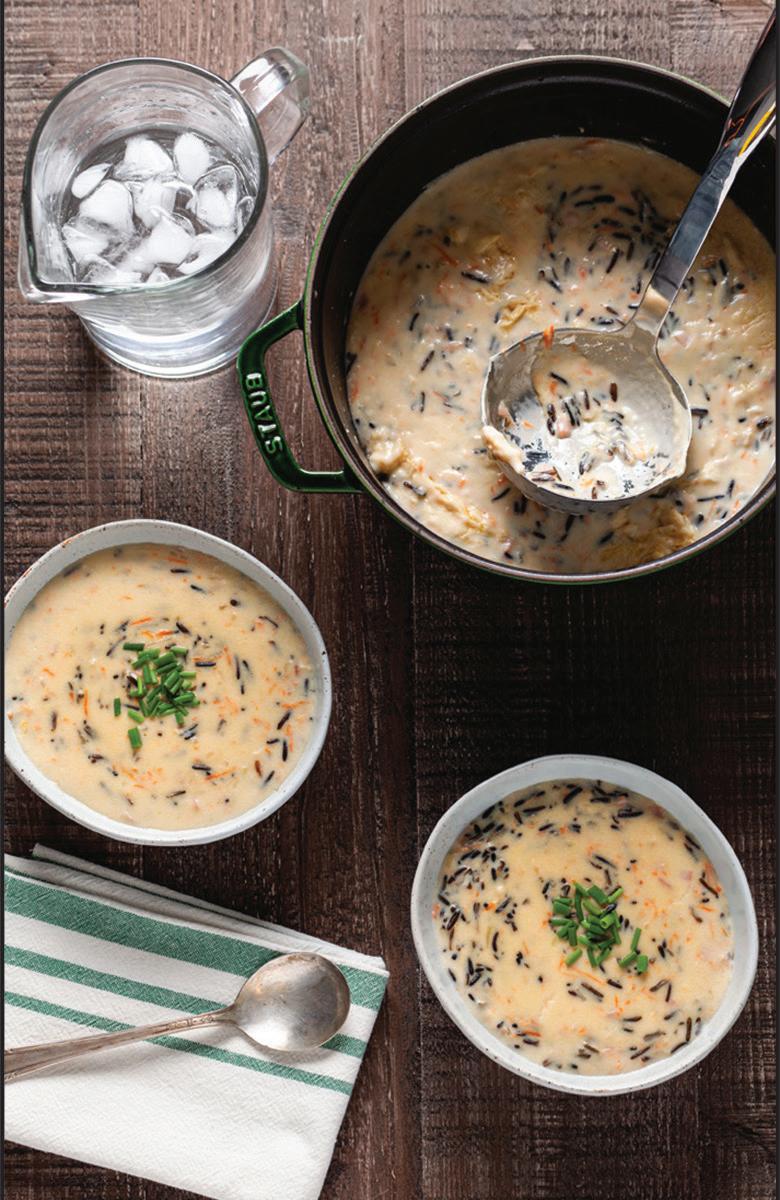
This vegetarian, gluten-free version of Lunds and Byerlys worldrenowned classic is ideal for both casual meals and formal occasions.
Recipe by Ken Grogg, FoodE Expert , Lunds & Byerlys Ridgedale

INGREDIENTS:
2 Tbsp organic salted ghee (clarified butter)
1 onion, diced
½ cup carrots, diced
3 Tbsp celery, diced
2 Tbsp sliced almonds, chopped
½ cup organic wild mushrooms, chopped
1 tsp corn starch + 1 Tbsp water
DIRECTIONS:
2 Tbsp vegetable base + 3 cups water
2 cups cooked wild rice blend
2 tsp L&B Wild Rice Seasoning
½ tsp white pepper
1 cup organic heavy cream
1 Tbsp organic parsley, chopped
amount: 4 (1½ cup) servings
1. In large saucepan, melt ghee over medium heat. Sauté onions, carrots, celery, almonds and mushrooms until mushrooms release their water and carrots soften. Add Wild Rice Seasoning and vegetable broth and bring to a boil.
2. Stir in rice and return to a boil. Stir in cornstarch and water “slurry” and simmer until the mixture thickens. Add heavy cream and bring back to a simmer. Let cook together for 5 minutes.
3. Ladle into serving bowls; garnish with parsley.
FoodE Expert tip: One-half cup of uncooked wild rice will yield 1½ – 2 cups of cooked wild rice. Make extra wild rice, cool, and store in plastic storage containers or food storage bags. Freeze until ready to use.
L&B Wild Rice Seasoning — Hickory smoked salt, raspberry, mushroom, onion, ginger, garlic and orange peel add rich, earthy and bright flavor notes to wild rice and other grains.
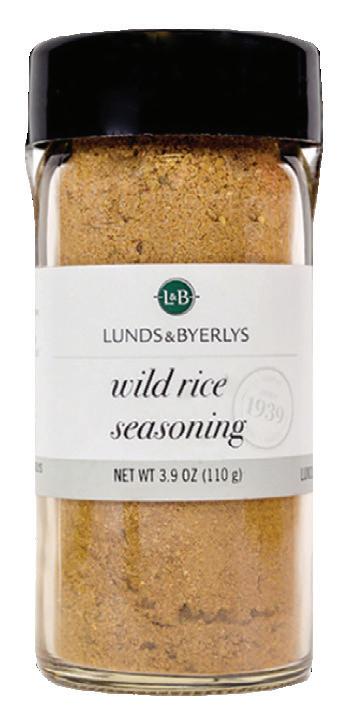
Ideas & Solutions — Add extra flavor to soups, including our classic L&B Wild Rice Soup. Create wild rice-stuffed meatballs seasoned with L&B Wild Rice Seasoning. Up the flavor of your Thanksgiving turkey by mixing the seasoning with butter and rub on the turkey skin before roasting. Great sprinkled on portobello mushrooms too!
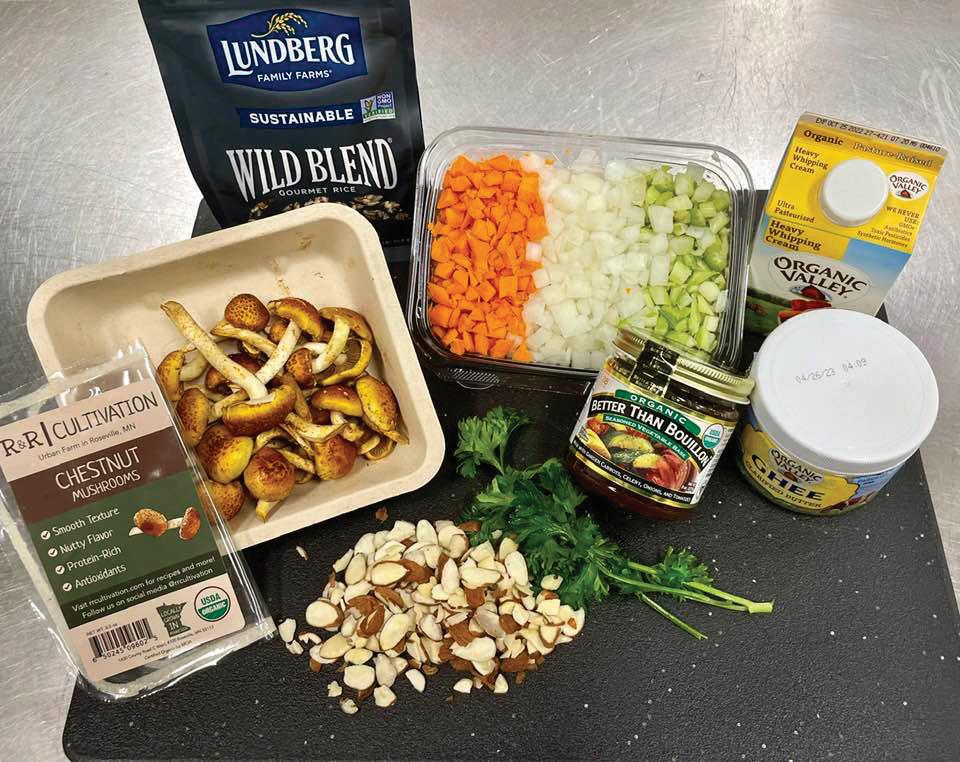
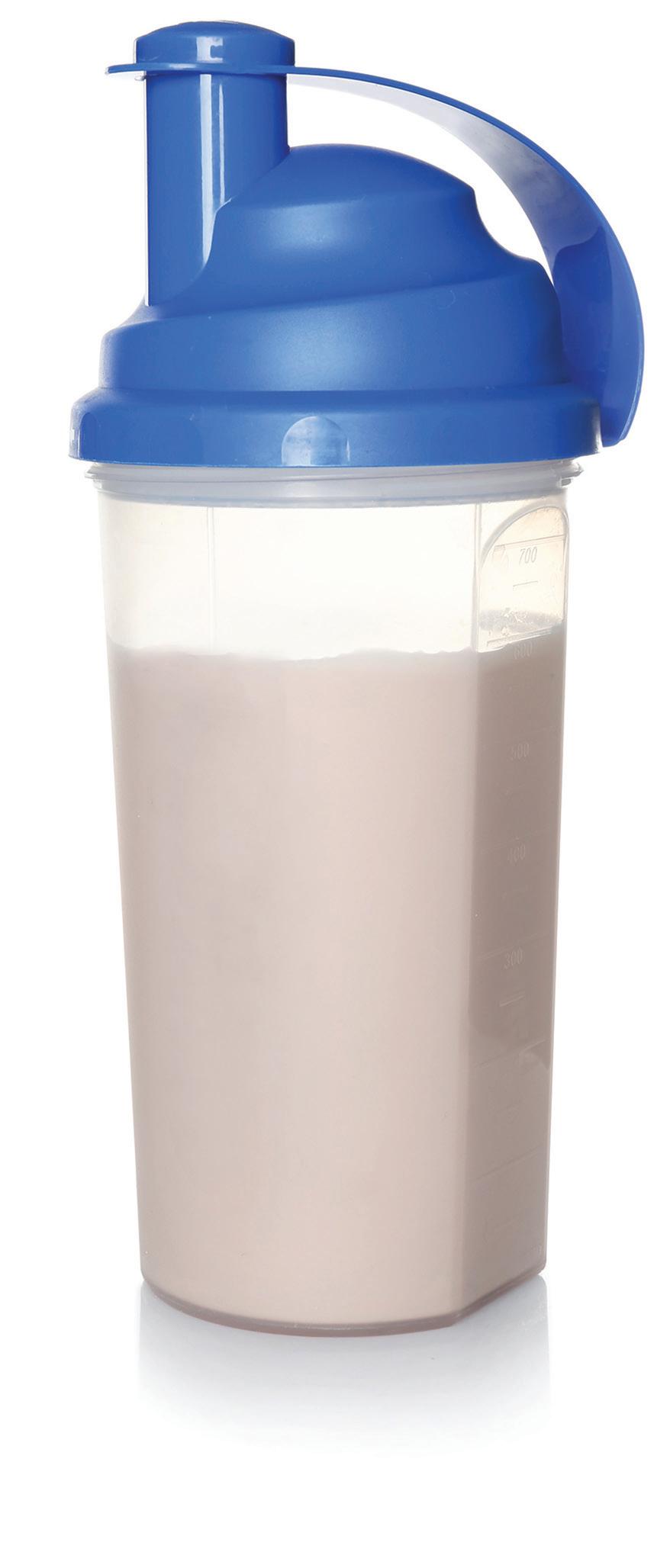
For years, whey protein from milk has been the go-to source for protein powders, but plant-based powders have made considerable inroads. Athletes wishing to cut down on or avoid animal products have turned to rice–, pea–, soy–, and hemp–based powders for muscle building and recovery. Read on to learn more about what plantbased protein powders have to offer.
Brown rice. This gluten-free, easy-to-digest protein contains all nine essential amino acids, which are the building blocks of protein. However, brown rice is too low in one amino acid—lysine—to be considered a complete protein, so some mixes combine it with other plant sources such as pea, quinoa, or chia to round out the protein profile.
Pea and pea isolate. Fiber– and iron-rich pea protein contains all nine essential amino acids, but it’s low in methionine, so some brands mix pea protein with another plant protein to offer a complete protein source. Pea protein helps keep you full, and it may help lower blood pressure and cholesterol levels. Research shows little difference between the effects of whey versus pea protein on muscle size and strength.
Hemp. Made from hemp seeds, this easy-to-digest protein source contains all nine essential amino acids, fiber, and a healthy balance of omega-3 and omega-6 essential fatty acids. Look for cold-pressed hemp protein. Hemp protein powder may help control blood pressure and cholesterol levels.
Soy protein isolate. This complete protein is rich in iron and fiber and has been shown to boost HDL (good) cholesterol and reduce LDL cholesterol. It may cause mild stomach/GI issues such as bloating for some people. Soy protein isolate may help lower your risk of heart disease, certain cancers, and osteoporosis. ●
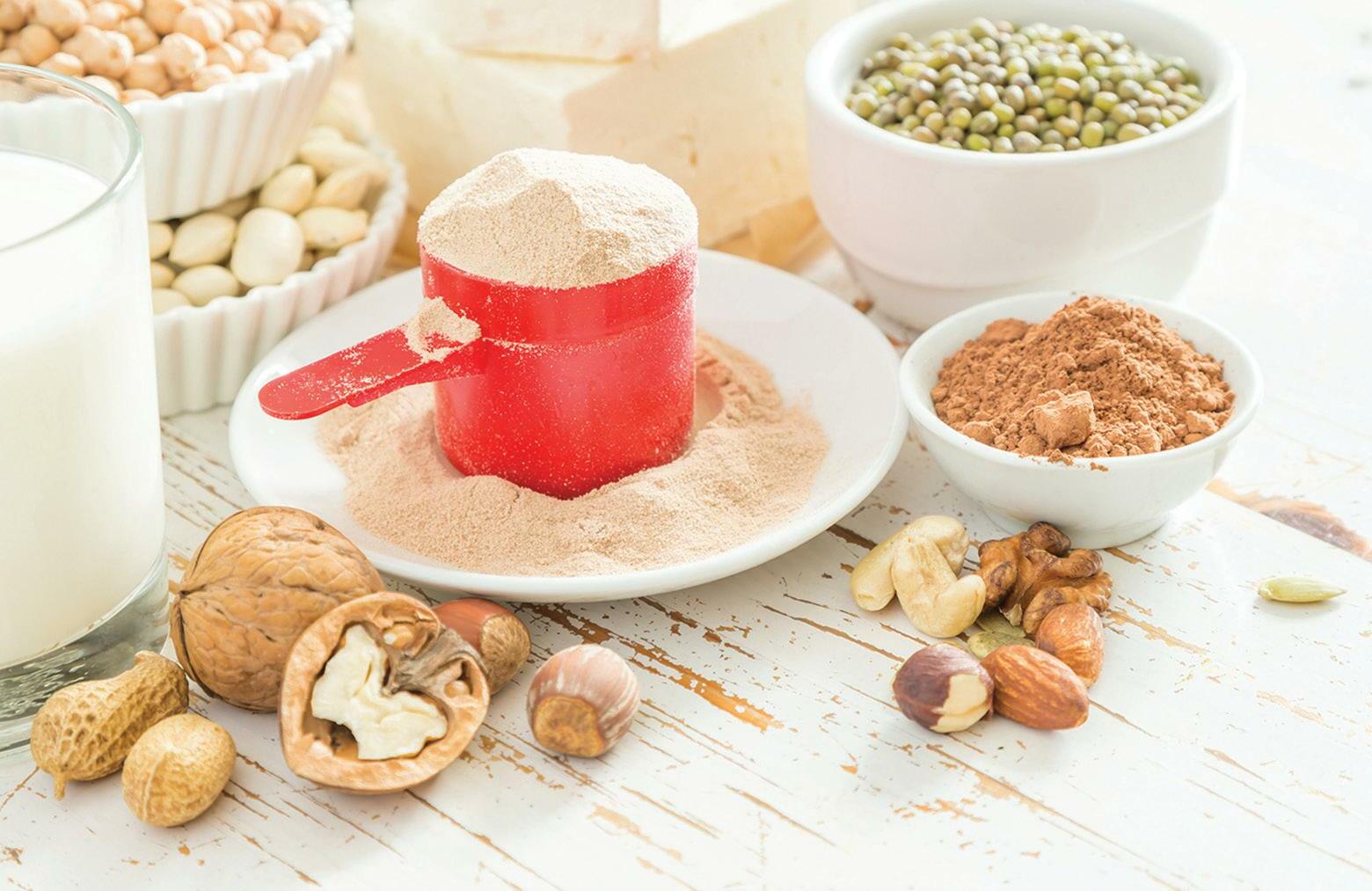
by A. Banaszek et al.,
health and nutrition” by B. Farinon et
Of the essential amino acids, there are three branched-chain amino acids that have been shown to aid in muscle recovery post-exercise: leucine, isoleucine, and valine. Research shows that BCAA consumption before or after exercise improves delayed-onset muscle soreness and exercise-induced muscle damage.

Chad Kerksick, PhD, a professor of exercise science at Lindenwood University in Missouri, led a recent study that found that—compared to animal protein—plant protein “can instigate similar and favorable changes in amino acid uptake, MPS rates [muscle protein synthesis], and exercise training adaptations such as strength and body composition as well as recovery.”
Dr. Kerksick’s research team wrote that animal protein sources generally have higher levels of essential amino acids, but they noted that “multiple studies have indicated that a dose of plant protein that offers enough essential amino acids, especially leucine, consumed over 8 to 12 weeks can stimulate similar adaptations as seen with animal protein sources.”
Leucine is a branched-chain amino acid that is found in salmon, eggs, beef, and other meats. But certain plants are also good sources, and they’re typically found in plant protein powders.
SELECTED SOURCES “Branched-chain amino acid supplementation and exercise-induced muscle damage in exercise recovery…” by M.H. Rahimi et al., Nutrition, 10/17 • “Effect of BCAA supplement timing on exercise-induced muscle soreness and damage…” by S.G. Ra et al., Journal of Sports Medicine and Physical Fitness, 11/18 • “Plant proteins and exercise: What role can plant proteins have in promoting adaptations to exercise?” by C.M. Kerksick et al., Nutrients, 6/21
With the days growing shorter, people who suffer from seasonal affective disorder, aka SAD, may be falling into their annual winter funk. The good news is, several supplements can be helpful in beating back seasonal blues. Try these to keep SAD at bay:
St. John’s wort has been shown to help people with mild to moderate (but not severe) depression. Studies show it may work as well as prescription medications, without some of the side effects. Research also indicates that St. John’s wort is even more effective in treating SAD when paired with light therapy.

When seasons change, the levels of melatonin in your body may change as well. More studies are needed, but supplementation with melatonin may provide relief to some people with depression that comes on in the cold months.
Supplementing with omega 3s could reduce mild to moderate depression. Omega 3s are key to brain function, and people with depression may have low levels of the omega 3s eicosapentaenoic acid (EPA) and docosahexaenoic acid (DHA).
Limited daylight hours mean limited sunshine—and that translates to less vitamin D for people who depend on direct sunlight to get their daily dose. Low levels of D have been linked to depression, so a supplement may be in order during months when the sun rises late and sets early.
A compound found in the body, S-adenosylmethionine, or SAMe, may be as effective as antidepressants without some of their side effects—and it may work more quickly. SAMe aids in the production and breakdown of brain chemicals like serotonin, melatonin, and dopamine. Scientists think it works by increasing the amount of serotonin in the brain. Remember, supplements can sometimes interact with medications, and severe depression should be treated by a doctor. So check with your physician to determine the best course of action and make this winter a happy one.
●
Many people with SAD find relief through the daily use of special light boxes that provide a light intensity of 10,000 lux (a sunny day measures 50,000 lux).
The user sits about 12 to 18 inches away from the light box in the morning while eating breakfast, reading, or working at a computer for 30 minutes. It’s important not to look directly into the light.

Clinical improvement typically happens within a week or two. Light therapy’s been found to be as effective as selective serotonin reuptake inhibitors, with fewer side effects. However, it may not be suitable for people with certain conditions, including bipolar disorder. Those with diabetes or eye conditions should check with their healthcare practitioner before using light therapy.
SAD sufferers can start light therapy in early autumn before the onset of symptoms.
SOURCE “Seasonal affective disorder: Bring on the light” by Michael Craig Miller, MD, www.Health.Harvard.edu/blog

Think of supplements supporting your immune system as a way to invest in a healthier future for yourself this winter (and beyond).
Although there’s no way to guarantee that you will avoid every infectious illness, you can put a thumb on the scale in your favor by giving your immune defenses the best tools for the job.

Your immune system’s whole reason for being is to resist foreign invaders, and a stronger immune system will be even more adept at accomplishing this prime directive. There is a cornucopia of dietary supplements that can help your immune system get the upper hand, like these immunity superstars.
If you take a daily multi, you likely get enough of this vitamin. But it’s worth a peek to ensure you are getting about 4,000 to 5,000 IU of vitamin A daily. You can also take beta carotene (or mixed carotenoids) in the amount of 15 to 50 milligrams (mg) daily, and the body will convert it to vitamin A.
Note: High doses of vitamin A are not recommended for expectant or nursing mothers; talk to your doctor.
There’s a reason that vitamin C earned its place as the best-known cold-fighter. This vitamin really does pull out the big guns when it comes to keeping you healthier in the cold season.
Just about every vitamin and mineral plays at least a minor role (and a few take center stage) in how well your immune system works. Making a high-quality multivitamin/ mineral supplement part of your daily routine is a great starting place, especially as you age. Think of it as covering your immunity bases.
Supplementing with 100 to 250 mg per day is a good starting point. The research is clear that vitamin C shortens the duration of the common cold, which means you can get back to healthy living in half the time.
Select a multi providing 100 to 300 percent of the daily recommended intake of key immune system building blocks, including the minerals copper, selenium, and zinc and the B-complex vitamins.
Vitamin A’s nickname has always been the “anti-infective vitamin,” which probably tells you everything you need to know.
Vitamin A’s infection-fighting skills start by helping maintain the physical barriers of your body— which means skin, lungs, and the linings of the mouth and throat.
Vitamin E can promote better health in germy seasons, especially in older adults. As just one example, when older men (who in this case happened to be smokers) supplemented with 50 mg of vitamin E daily, they were less likely to develop pneumonia over the course of the five to eight years that their health was tracked. Vitamin E counteracts the natural decline in immune function that comes with advancing age.
There’s no better time than this upcoming wintrygerm season to stock up on immune boosters and kick your immune function into high gear. ●
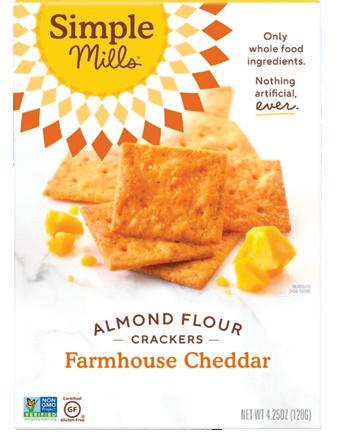
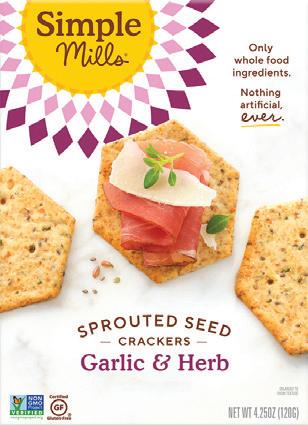
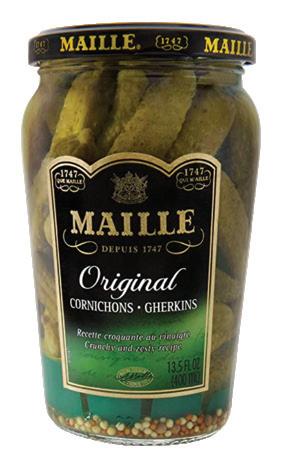



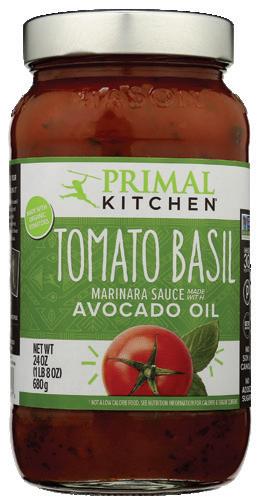

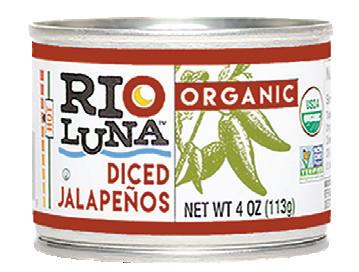
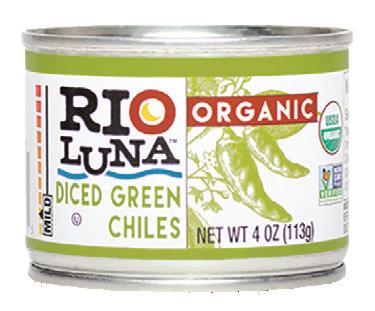
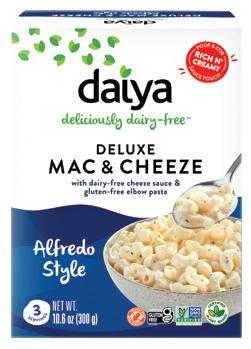


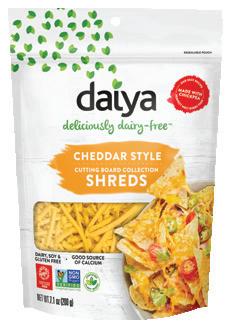
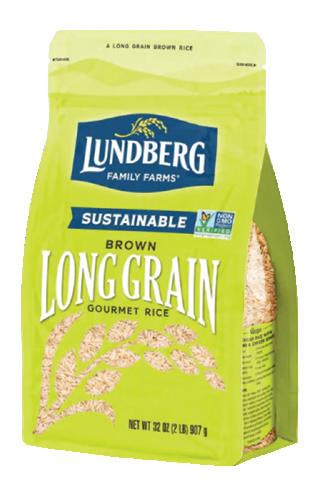
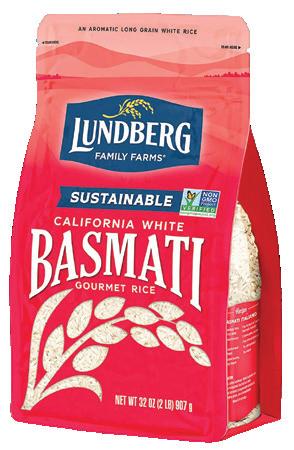
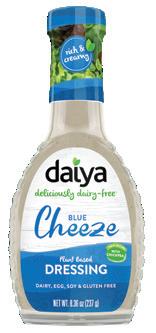
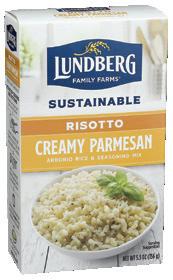
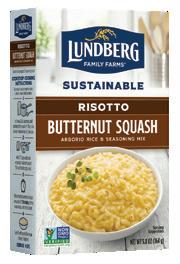
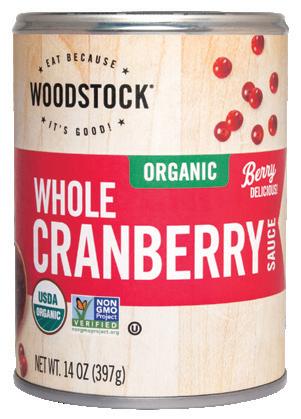


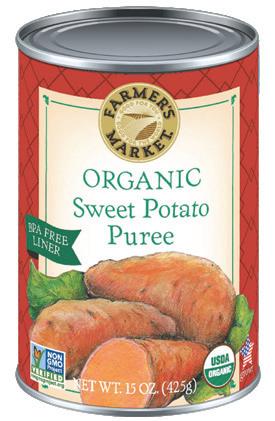
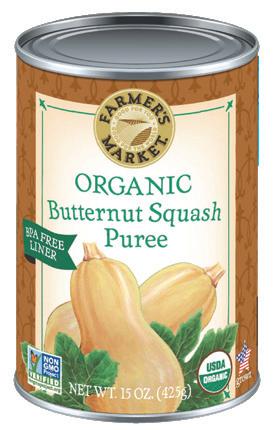
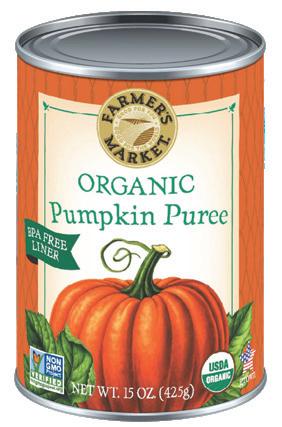

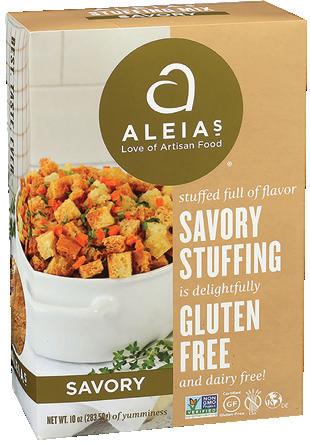
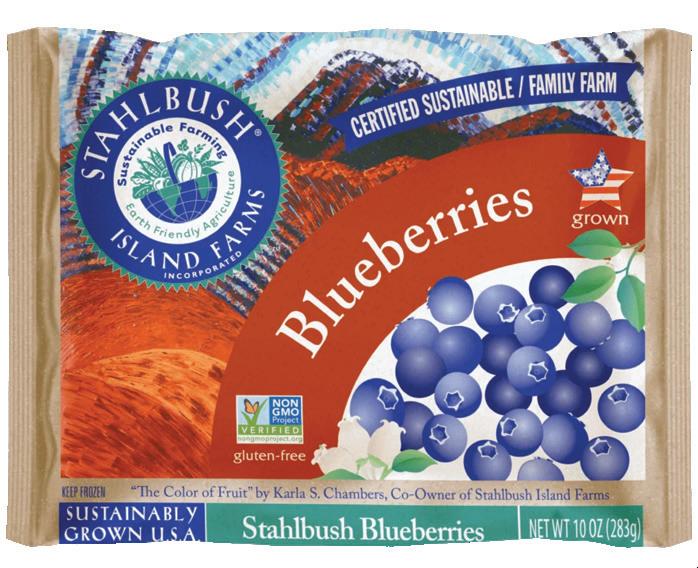
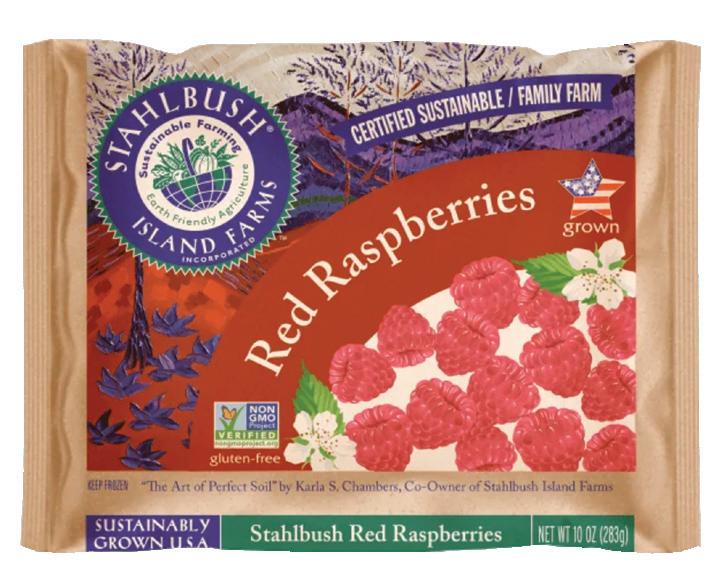
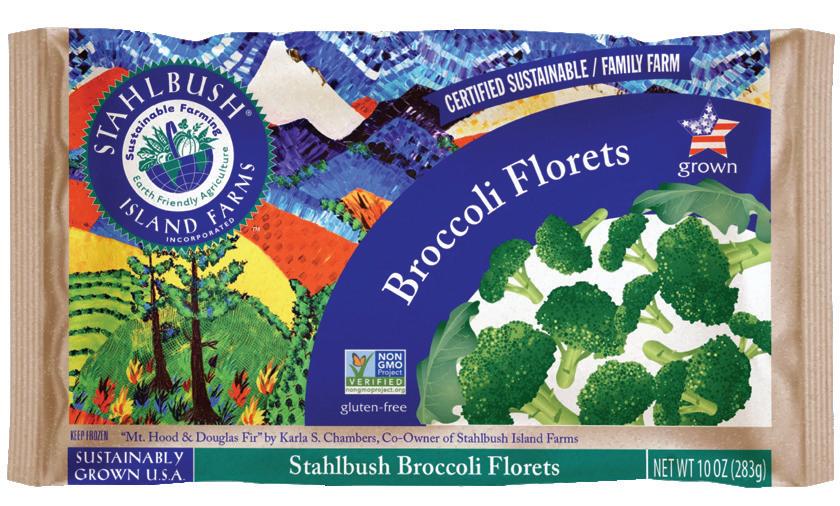
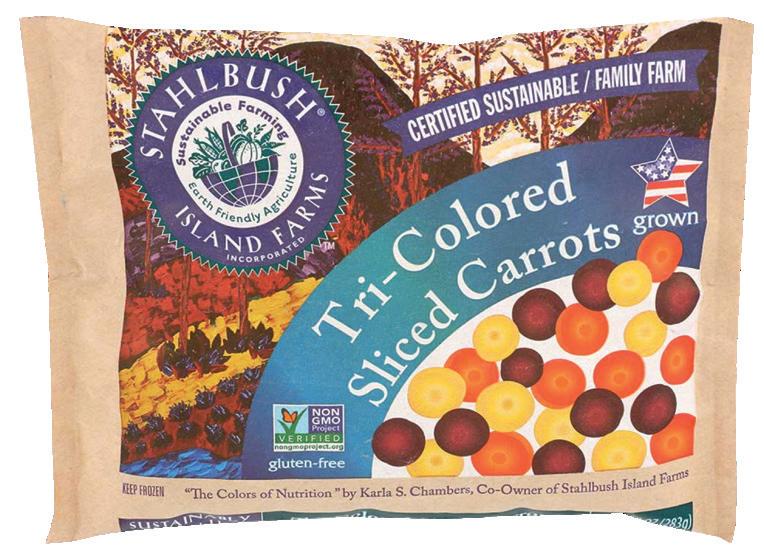
There’s no way to get flavor faster than with fresh or dried herbs and ground or whole spices. But these amazing foods aren’t just for perking up taste buds—many of them also have anti-inflammatory, antioxidant, and cancer-fighting abilities.
Use this spice in sweet and savory recipes. A couple of whole allspice berries in a pot of stew or beans adds complexity. Allspice reduces inflammation in the body and can help prevent stomach ulcers.
Add chopped basil to balsamic vinegar and extra-virgin olive oil for a fresh-tasting salad dressing. Basil may reduce blood sugar spikes after eating it, as it slows glucose release into the bloodstream.

Popular in Indian cuisine, this spice has a sweet and woody flavor. Ground cardamom is easier to use than the whole pods. Cardamom can ease asthma symptoms by relaxing the lungs’ airways.
Add a pinch of cayenne to soups, sauces, hummus—anywhere you want a spicy punch. The capsaicin in cayenne raises the body’s core temperature and may even cause you to burn some extra calories.
Cinnamon
Sweet and spicy, cinnamon is a great substitute for sugar. Sprinkle it over oatmeal and yogurt. Cinnamon can lower blood pressure and reduce chronic inflammation. Don’t consume more than two teaspoons a day since most cinnamon contains coumarin—a liver-toxic compound.
Cloves Cloves add an autumnal flavor to dishes. They are easiest to use ground, but whole cloves can be simmered in apple cider or in sweet and savory sauces (remove cloves before serving). Cloves kill bad bacteria and can help preserve bone density and strength.
This spice is a great salt substitute. Add it to eggs, hummus, roasted nuts, and veggies. Studies on cumin show that it can help digest fatty meals and protect cellular DNA.
Garlic After mincing or crushing the cloves, let the garlic sit for 10 minutes before it hits the pan— this allows time for the healthboosting compound allicin to develop. Add powdered garlic to broccoli to boost the veggie’s anticancer properties.
Enjoy ginger when combined with sugar in desserts like gingerbread; you can try it in savory dishes too. Ginger helps with digestion and nausea. It also helps increase the liver’s detoxifying enzymes.
Mexican oregano is stronger and more robust. The Mediterranean variety is milder and sweeter. Oregano lowers LDL (bad) cholesterol and can reduce the risk of heart disease.
Sprinkle ground turmeric over avocado toast, fish, and veggies. Whisk it into salad dressings. Studies show its potential ability to combat diabetes, prevent cancer cell growth, and protect the brain from Alzheimer’s disease.
From Masala: Recipes from India, the Land of Spices by Anita Jaisinghani ($35, Ten Speed Press, 2022)
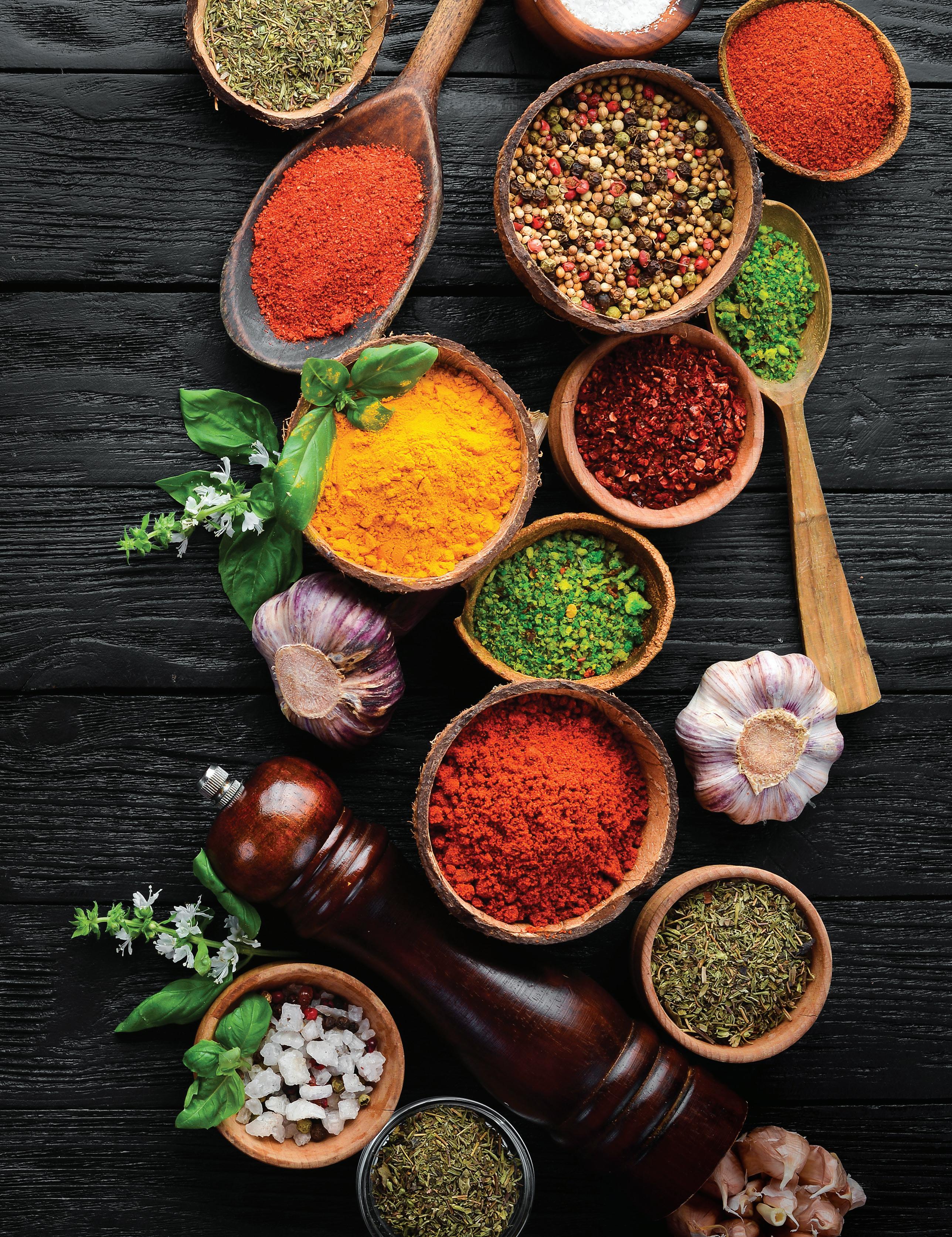
1 c white basmati rice
2 Tbsp light sesame oil, olive oil, coconut oil, or ghee
Whole spices (such as a cinnamon stick, cloves, green or black cardamom pods, and/or star anise)
1 tsp sea salt
1. Rinse rice under water two or three times. After the last rinse, soak rice in twice the amount of water for at least 30 minutes or up to 2 hours. Drain.
2. In a medium saucepan, combine drained rice with 2 cups water, the oil, whole spices, and salt. Bring to a boil over high heat. Lower heat to low, cover, and simmer for 7 to 8 minutes, until water has been absorbed completely. Turn heat off and let rice rest for 10 to 12 minutes. Stir gently with a fork before serving.
Per serving: 230 Calories, 3 g Protein, 37 g Carbohydrates, 0 g Total sugars (0 g Added sugars), 1 g Fiber, 7 g Total fat (1 g sat), 124 mg Sodium, ★★★★ Folate,
Vitamin B1 (thiamine)
The cold, dry weather of fall and winter can be brutal on hair. Harsh conditions strip your hair of its moisture, leaving it more vulnerable to breakage. Luckily, there are a host of natural ingredients that can help keep your hair protected and beautiful all winter long.

Look for these essential oils and other natural ingredients in hair products:
Jojoba resembles the natural oils that the scalp produces.
Coconut oil can bring dry, damaged hair back to life, thanks to naturally occurring essential fatty acids.
Almond, avocado, borage, evening primrose, and sunflower offer moisturizing properties.
Rosemary may help stimulate hair growth. Also look for shampoos and conditioners that contain chamomile, frankincense, geranium, patchouli, or rose.
Honey is a humectant, which means it helps lock in moisture and keep hair from becoming dry and brittle.
Calendula, chamomile, and comfrey can also contribute to healthy hair. ●
SELECTED SOURCES “Hair care: Shampoo,” Environmental Working Group, www.EWG.org • “Shampoo: What to look for, what to avoid,” www.EcologyCenter.org • “Tips for healthy hair,” American Academy of Dermatology, www.AAD.org
The American Academy of Dermatology offers these recommendations to keep your hair looking its best.
q Wash only as often as needed. People with oily scalps may need to wash daily, while those with chemically treated or dry hair should shampoo less frequently.
r Always use conditioner. If used alone, shampoo can cause hair to become dry and damaged. Using a conditioner every time you wash strengthens hair and boosts shine while protecting against harmful UV rays.
s Shampoo is for the scalp. Washing the entire length of hair with shampoo can lead to dull, dry strands; concentrate on cleansing the scalp instead.
t Conditioner is for the ends. To boost volume and keep fine hair from looking limp, apply conditioner only on the tips.
u Customize for your hair type. Choose shampoos and conditioners that are designed to work best for your specific hair type, especially if your hair is damaged.
SOURCE “Tips for healthy hair,” American Academy of Dermatology, www.AAD.org

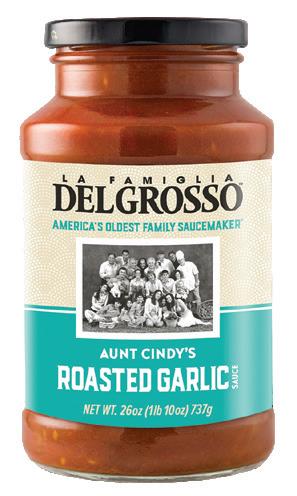
Each DelGrosso pasta sauce was created by a different family member as a celebration of their sauce-making heritage.
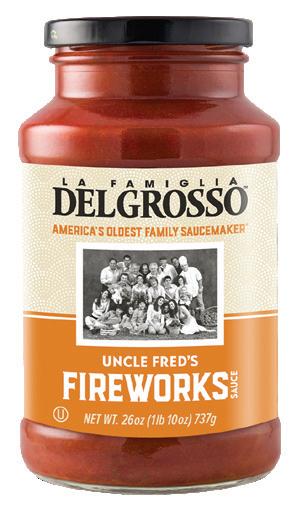
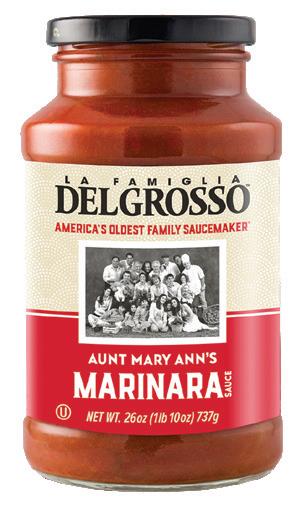
Enjoy the classic taste and delicate texture of these allnatural Water Crackers. Made with the delicious taste of sunflower oil, these healthy crackers are firm enough for any topping and perfect for every occasion.


Green Valley Organics has been busy growing delicious, organic vegetables for you to pass around

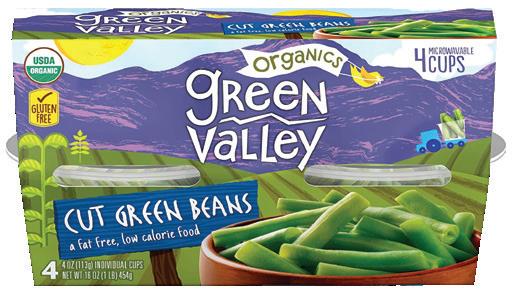
dinner table.

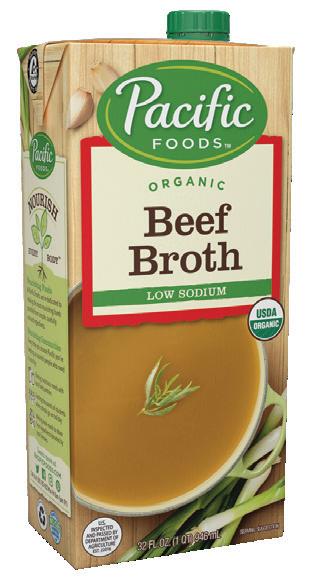
These broths make it a snap to prepare your classic recipes — from main dishes to savory sides — for your own beautiful celebration meal.
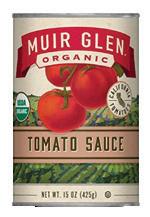
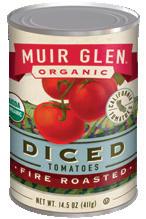
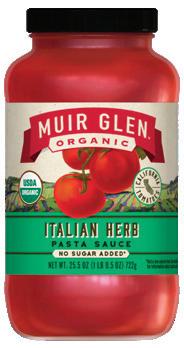
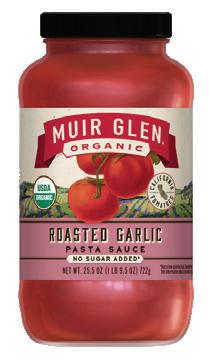
All of Muir Glen’s tomatoes are field grown and vine ripened under certified organic practices — no synthetic pesticides, no chemical fertilizers, just gorgeous tomato taste, true to nature.
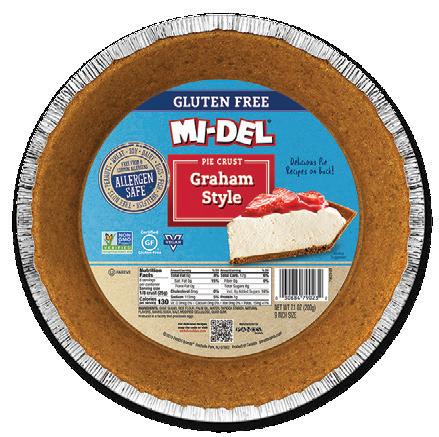
Gluten Free Certified
